The Cost of Building an Adobe Commerce (Magento) Website







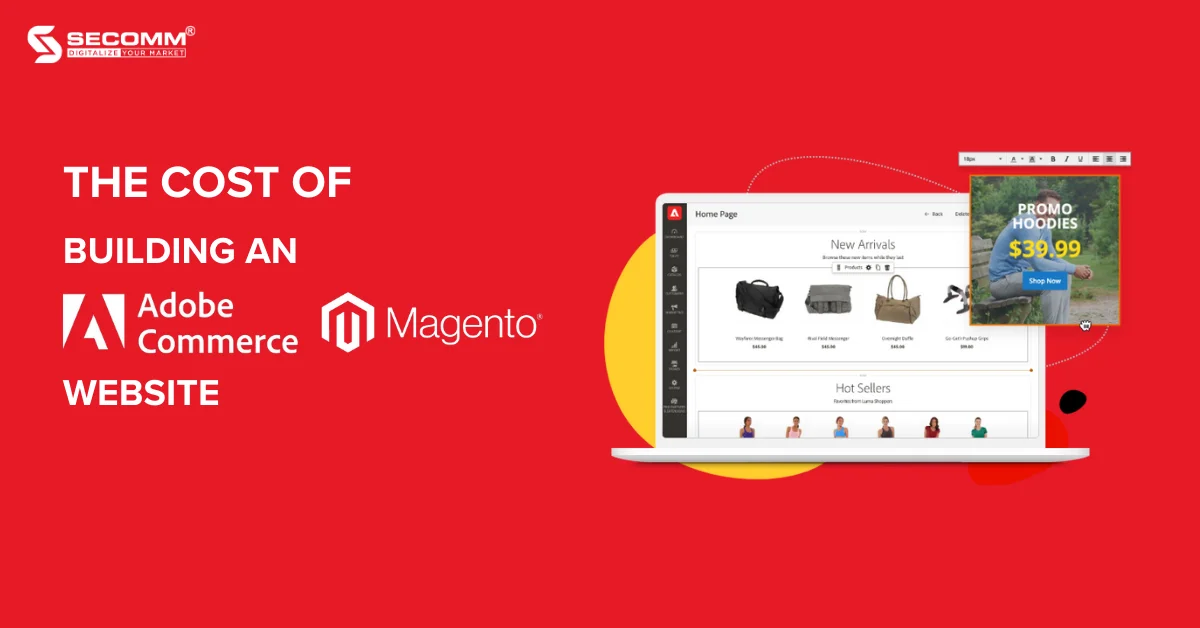
Adobe Commerce (Magento) is a powerful and feature-rich eCommerce platform that can help businesses build and operate professional eCommerce websites.
Therefore, Adobe Commerce is trusted by many businesses, especially medium to large enterprises, with over 100,000 websites, including the Magento Open Source version (According to Builtwith).
So, what is the cost to build a website on Adobe Commerce (Magento)?
1. What is Adobe Commerce?
Adobe Commerce is an open-source eCommerce platform designed specifically to cater to medium to large-scale businesses, offering high customization and scalability.
Formerly known as Magento Commerce, it was founded in 2007 in Culver City, California, USA. After several changes in ownership, in 2018, Adobe acquired Magento for $1.68 billion and rebranded it as Adobe Commerce.
Today, Adobe Commerce has become an integral part of the Adobe Experience Cloud, a suite of products and services designed to help businesses build, manage, and deliver digital experiences.
Currently, Adobe Commerce has two main versions: Adobe Commerce Cloud and Magento Open Source.
- Magento Open Source: A free version that can be downloaded and used by anyone. However, this version requires businesses to take responsibility for additional fees.
- Adobe Commerce Cloud: A paid version deployed and managed in the cloud by Adobe. This version is further divided into on-premise, allowing businesses to have control over hosting, and on-cloud, which provides hosting with a specific fee.
2. Cost of Building an eCommerce Website on Adobe Commerce (Magento)
Magento Open Source
Magento Open Source (referred to as Magento) is a free version that can be downloaded and used by anyone. This version provides essential functions for creating and managing online stores, including:
- Category Management: Control data, product features, categories, prices, inventory quantities, and images/videos to operate and optimize business.
- Store Management: Manage the quantity of product inventory, and control the operations and personnel of each branch.
- Cart & Checkout: Manage the shopping cart and customer checkout information.
- Customer Management: Manage customer information to improve marketing efficiency, and shopping experience, and enhance customer satisfaction.
- Marketing Management: Optimize SEO and implement marketing programs with supporting tools to boost sales for businesses.
- Sales Management: Set up and operate sales processes, orders, payments, and shipping.
- Content Management: Develop and optimize all content aspects for CMS pages, image storage, customised themes, and website design.
- System Management: Administer permissions, and review the best practices for security, maintenance, and system care.
- Analysis & Reporting: Support tracking, measuring the performance of the eCommerce system, and planning for future strategies.
However, businesses using the free Magento version do not necessarily mean that the cost of building an eCommerce website will be low, as additional costs need to be considered by the business.
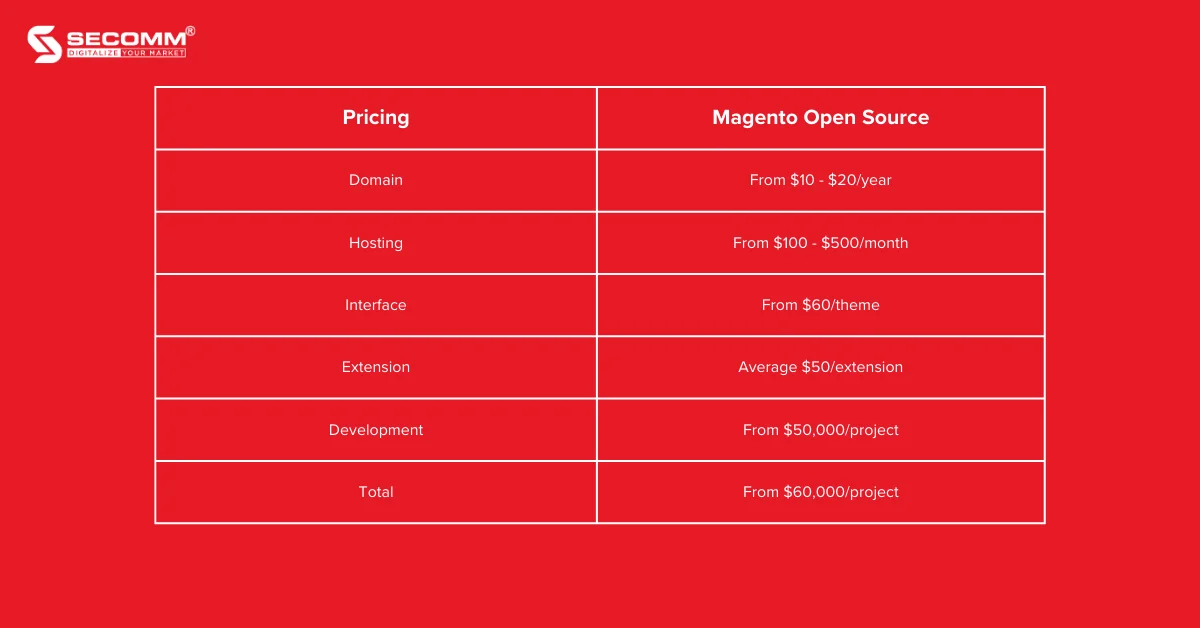
Depending on the complexity of the system, the cost to deploy a Magento website can be lower or higher than $60,000 for the first year.
Read more: The Significant Differences between Magento 1 and Magento 2
Adobe Commerce
Formerly known as Magento Enterprise Edition (EE) or Magento Commerce On-Premise (On-Prem), Adobe Commerce is an enterprise-level option that doesn’t require businesses to manage performance or hosting.
Adobe Commerce is specifically designed for businesses engaged in more complex eCommerce operations, fully supported by Adobe’s technically skilled team. Its built-in features provide businesses with more control without the need for integrating many extensions, as seen in Magento Open Source.
Key features of Adobe Commerce include:
- Making data-driven decisions with an enhanced Business Intelligence Dashboard.
- Loyalty programs through point accumulation, gift card exchanges, and special promotions.
- Marketing support with advanced strategies such as defining customer attributes, segmentation, upselling, cross-selling, and related products.
- A page builder that reduces costs and time for page construction through drag-and-drop operations and content automation.
- On-demand support with access to technical support from Adobe Commerce experts.
Below is the licensing fee table for Adobe Commerce for businesses based on annual revenue.
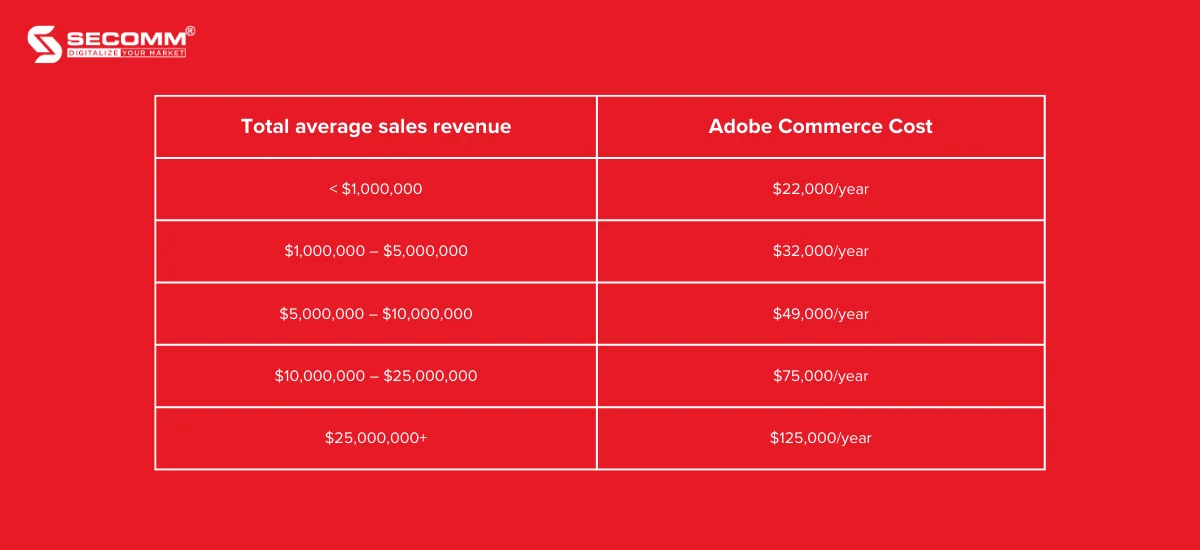
In addition to the license usage fee, businesses need to independently manage other fees such as hosting, domain, interface, website development, extensions, and system maintenance. Therefore, the cost to implement Adobe Commerce will be relatively high, around $130,000 per project for the first year, depending on the complexity of the website system.
Related article: Magento Open Source vs Magento Commerce Real Comparison
Adobe Commerce Cloud
Adobe Commerce Cloud is a free version that includes hosting services, technical support specialists, and specialized features to build and operate successful online stores.
The most significant highlight of Adobe Commerce Cloud is the hosting service built on AWS cloud servers and performance monitoring tools such as New Relic and Blackfire.io, reducing additional costs and providing optimal performance for the website system.
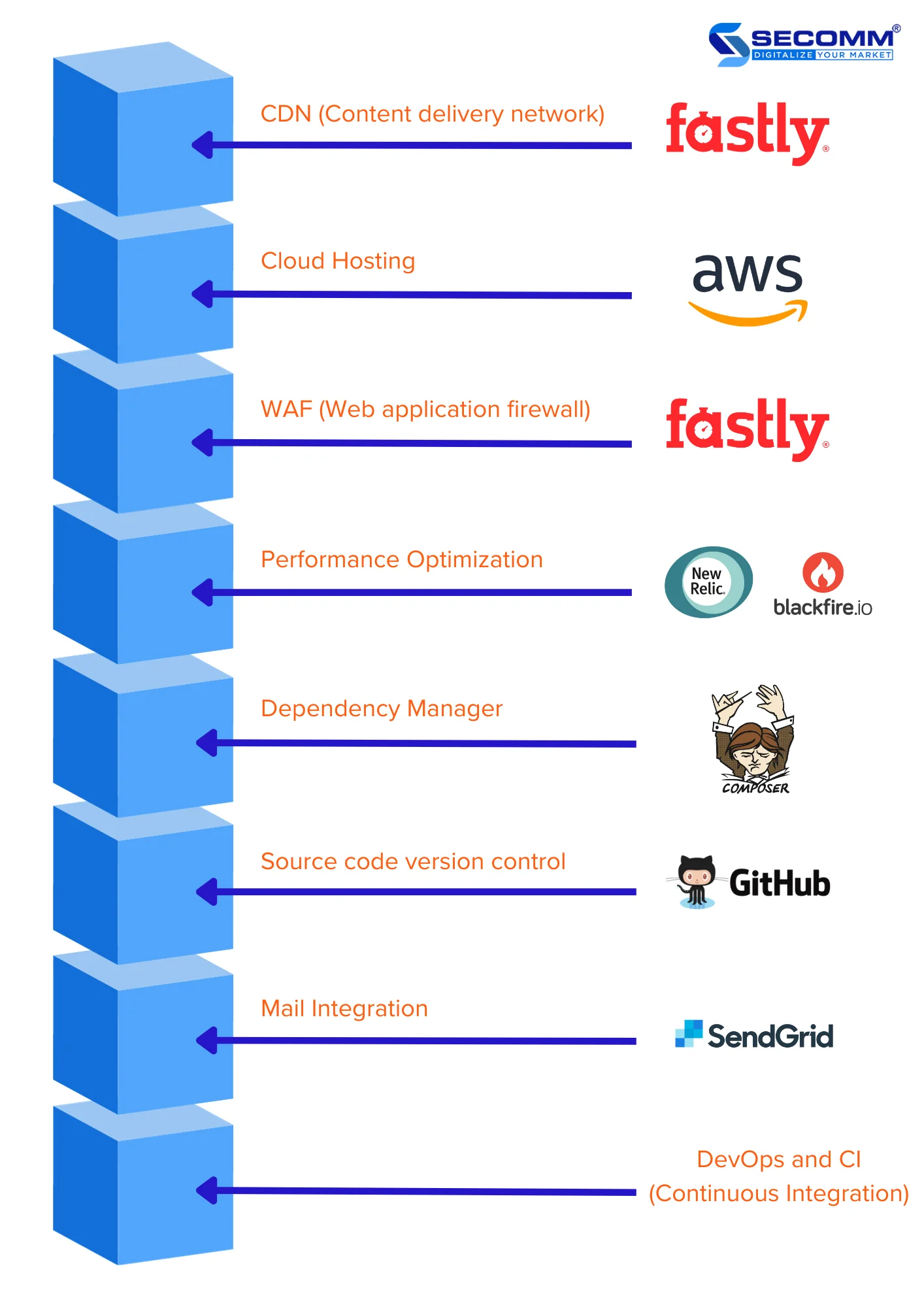
Another advantage of Adobe Commerce Cloud is that businesses don’t need to take responsibility for serious issues; all incidents are handled directly by Adobe’s personnel.
Furthermore, the functionality of Adobe Commerce Cloud is also rated higher than Adobe Commerce On-Premise.
| Feature | Adobe Commerce | Adobe Commerce Cloud |
| Adobe Commerce Application | ✔ | ✔ |
| Core Application Support | ✔ | ✔ |
| Single-tenant, dedicated infrastructure | ✔ | ✔ |
| Deployment Tools | ✔ | ✔ |
| Dedicated staging environment | ✔ | ✔ |
| Increased customization available | ✔ | ✔ |
50 GB of testing | ✔ | ✔ |
| Disaster recovery and data retention | ✔ | ✔ |
| Varnish-based CDN | ✔ | ✔ |
| Image Optimization | ✔ | ✔ |
DDoS protection and WAF | ✔ | ✔ |
| Performance Monitoring Tools | ✔ | ✔ |
| Infrastructure support | ✔ | ✔ |
Technical Account Manager | ✔ | ✔ |
| High Availability Architecture | ✔ | ✔ |
Automated data backup | ✔ | ✔ |
| Expansive monitoring and alerting | ✔ | ✔ |
| Scale globally on AWS and Azure | ✔ | ✔ |
| Secure & dedicated cloud infrastructure | ✔ | ✔ |
| Incident service level target | ✔ | ✔ |
Surge capacity monitoring & response | ✔ | ✔ |
| Infrastructure security | ✔ | ✔ |
| Infrastructure level 99.9% SLA | ✔ | ✔ |
| Application level 99.9% SLA | ✔ | |
| 30-minute SLT for P1 | ✔ | |
| Designated cloud infrastructure resource | ✔ | |
| Planned event management support | ✔ | |
| Custom site monitoring & personalized run book | ✔ | |
| Upgrade & patching development assistance | ✔ | |
| Go-live process coaching | ✔ | |
| Dedicated escalation management | ✔ | |
Application monitoring assistance | ✔ |
Source: Adobe Commerce Pricing
Here is the licensing fee table for using Adobe Commerce Cloud for businesses based on annual revenue.
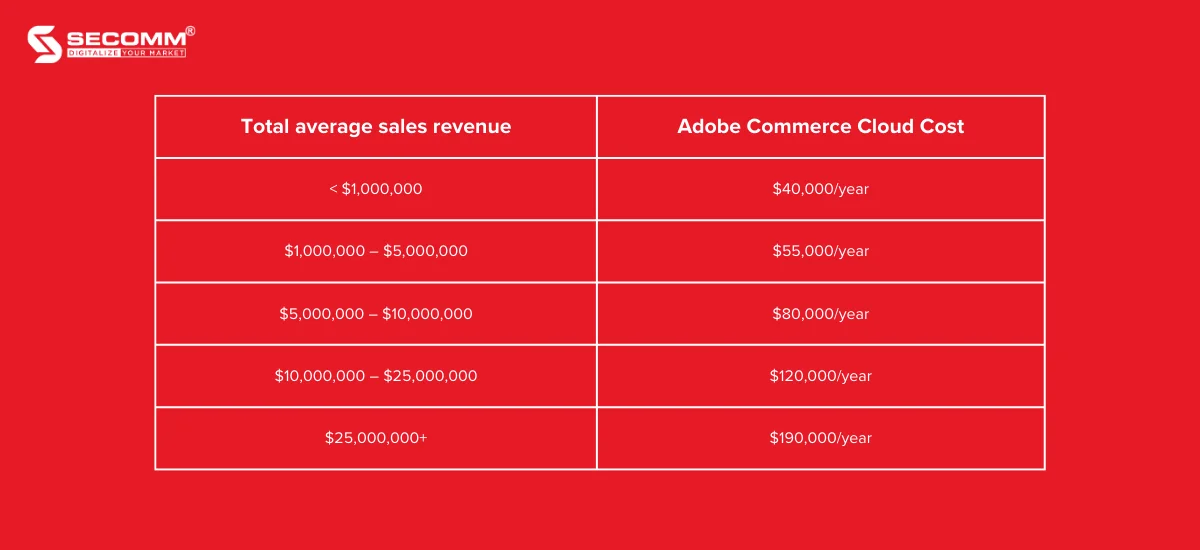
For the On-Cloud version, businesses also need to consider additional costs such as domain, interface, website development, and extensions. The cost to complete an Adobe Commerce Cloud website will be around $150,000/project for the first year, depending on the complexity of the website system.
In general, Adobe Commerce (Magento) is a perfect choice for large businesses with high feature requirements, so the cost of building an eCommerce website on this platform will be relatively high compared to other eCommerce platforms.
However, finding the best-suited platform will depend on various factors such as strategic models, business scale, deployment time, and budget.
Looking for a suitable eCommerce Website Development Solution?
With deep expertise and the development of complex eCommerce systems for clients such as Changi Airport Group (Singapore), Trentham Estate (Australia), and The Warehouse (Vietnam), SECOMM understands the challenges in choosing a platform and deploying eCommerce that businesses are facing.
- Comprehensive Understanding: Providing comprehensive eCommerce solutions from consulting, development, and operation to the growth of eCommerce systems.
- Deep Expertise: Over 9 years of experience in deploying complex eCommerce systems for clients from various countries.
- Customized Solutions: Proposing eCommerce solutions, including technological architecture and a suitable team for each business.
- Flexible Progress: Project timelines and schedules are adjusted according to the specific needs of the business.
Contact SECOMM now or call directly at the hotline number (028 7108 9908) for free advice on the eCommerce website building roadmap!
Related article:
- Adobe Commerce vs WooCommerce: Detailed Comparison in 2023
- Shopify Plus vs Adobe Commerce: Key Differences 2023






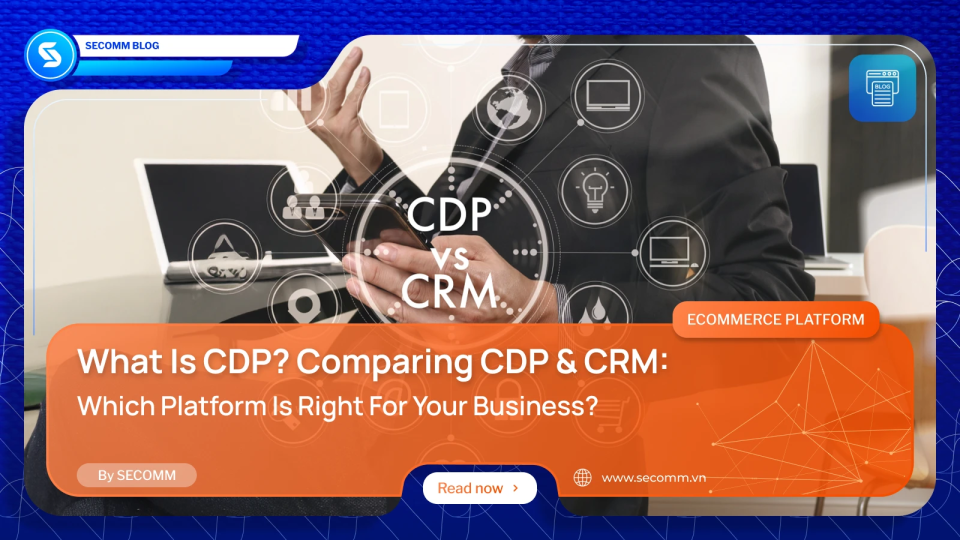
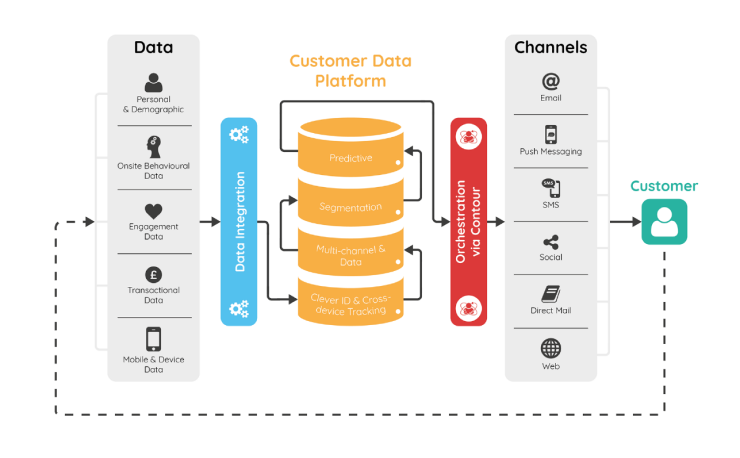
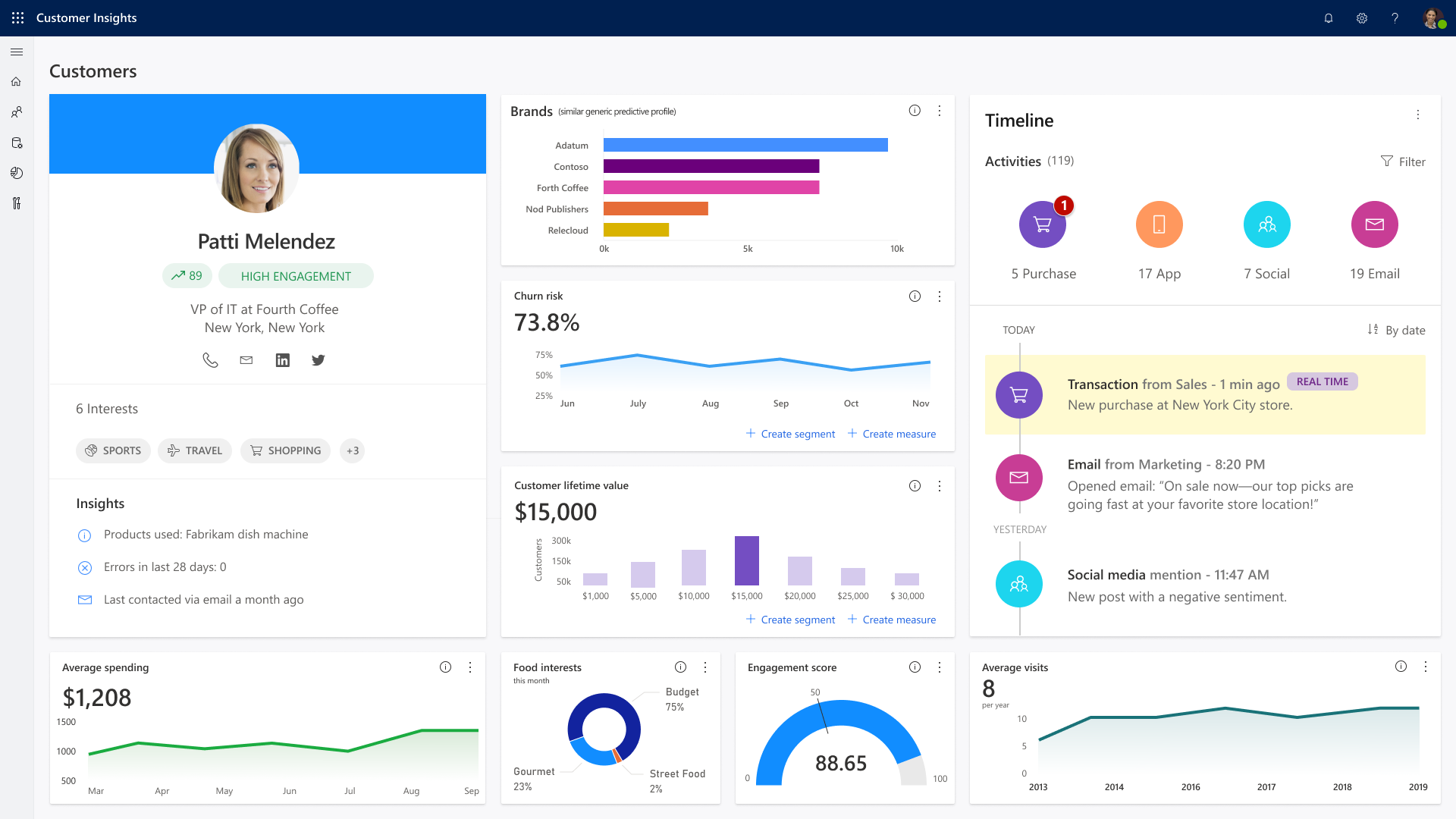











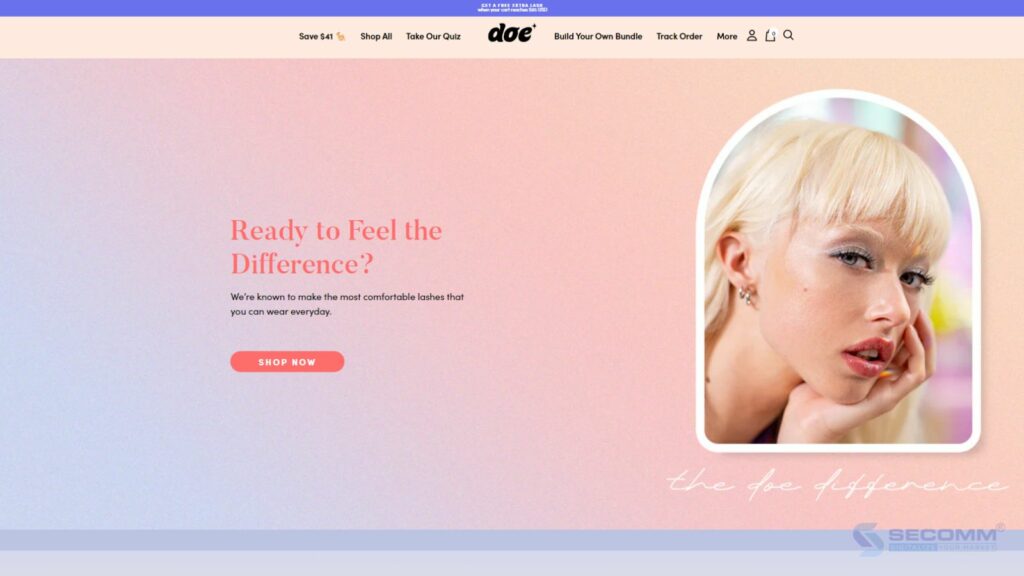


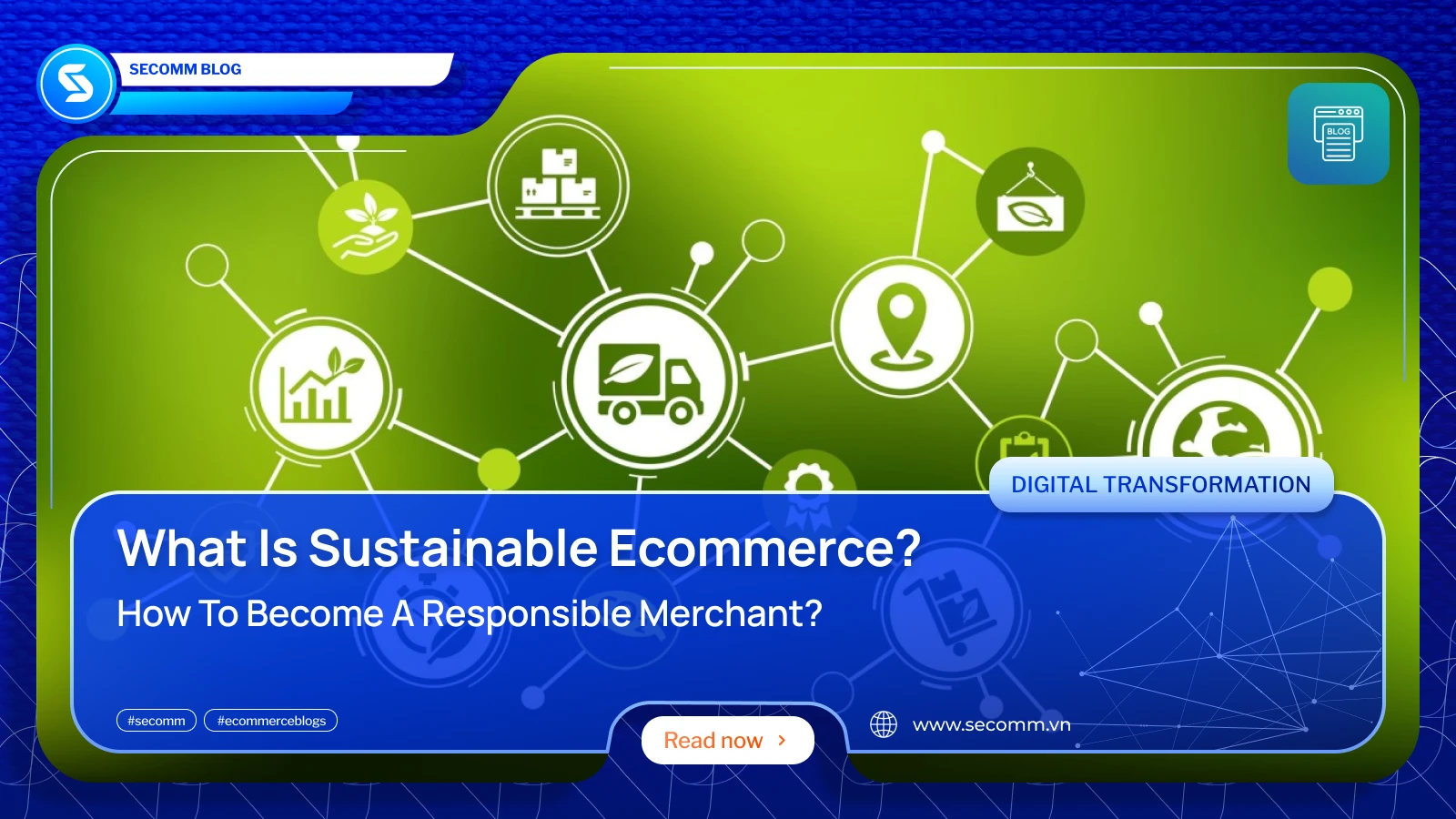

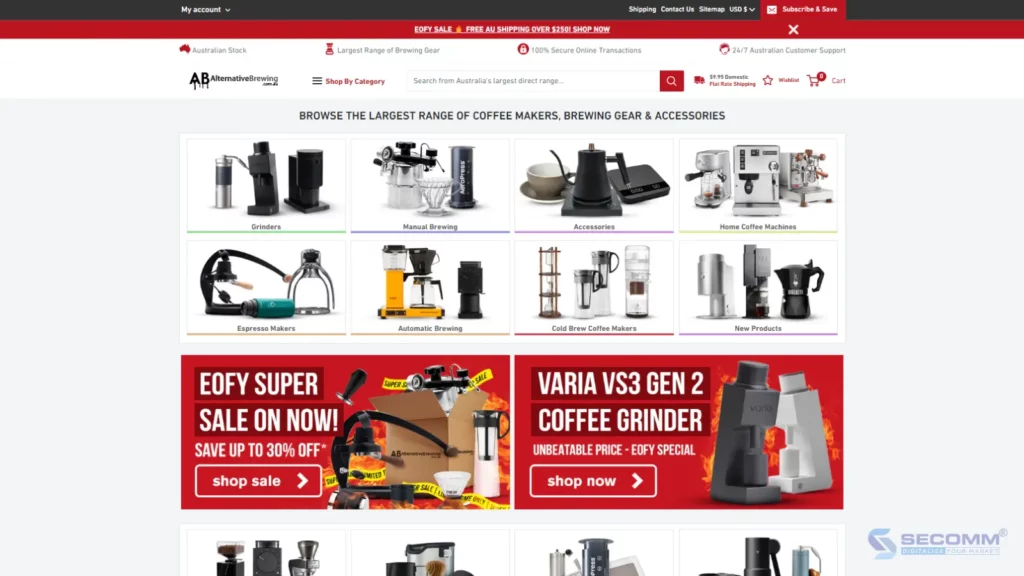



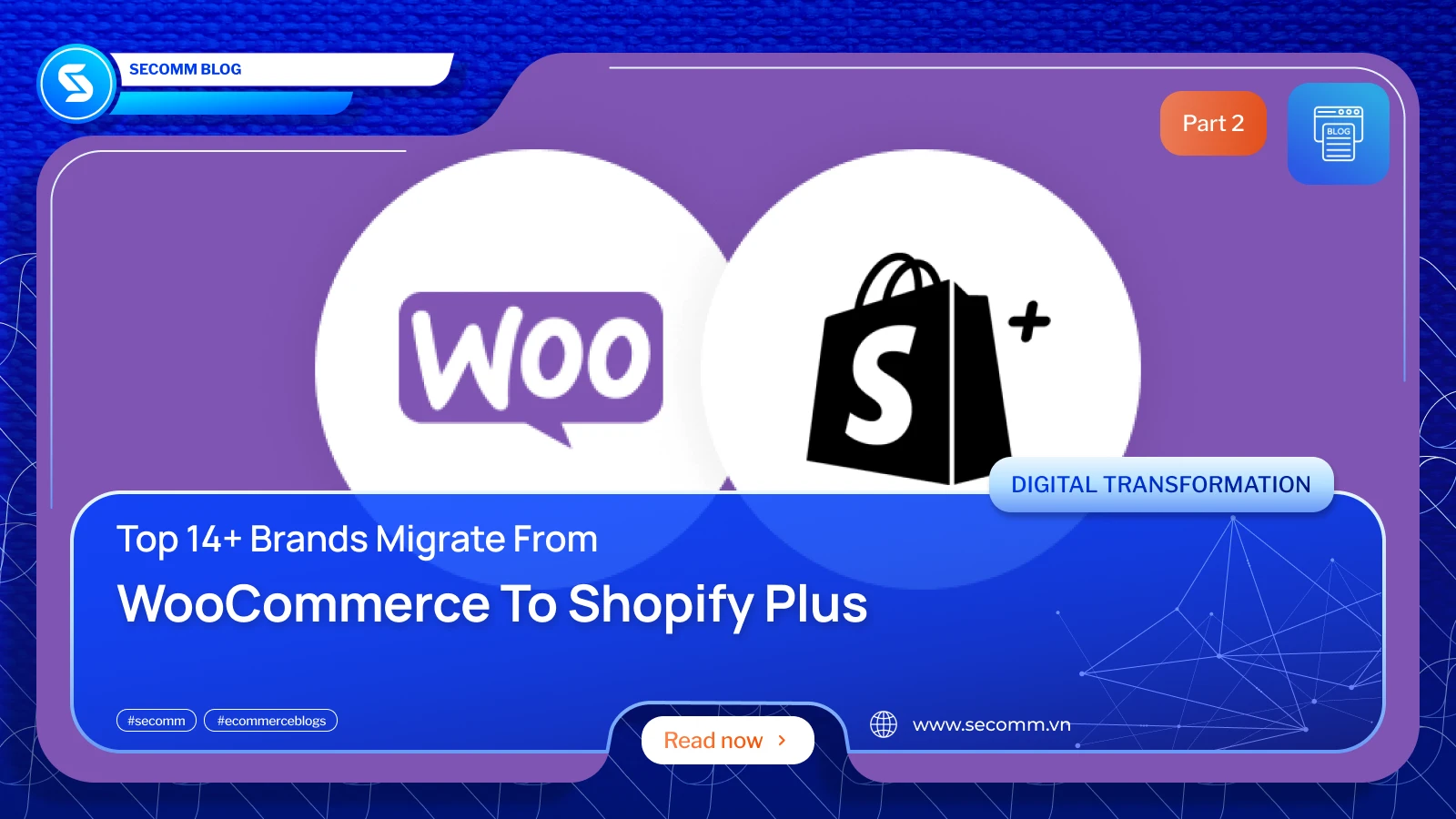

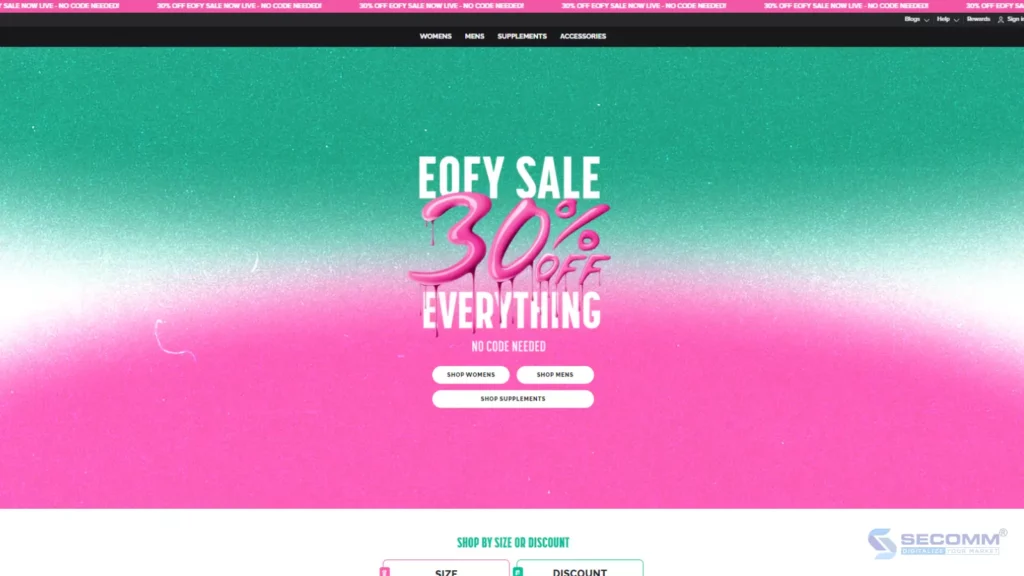



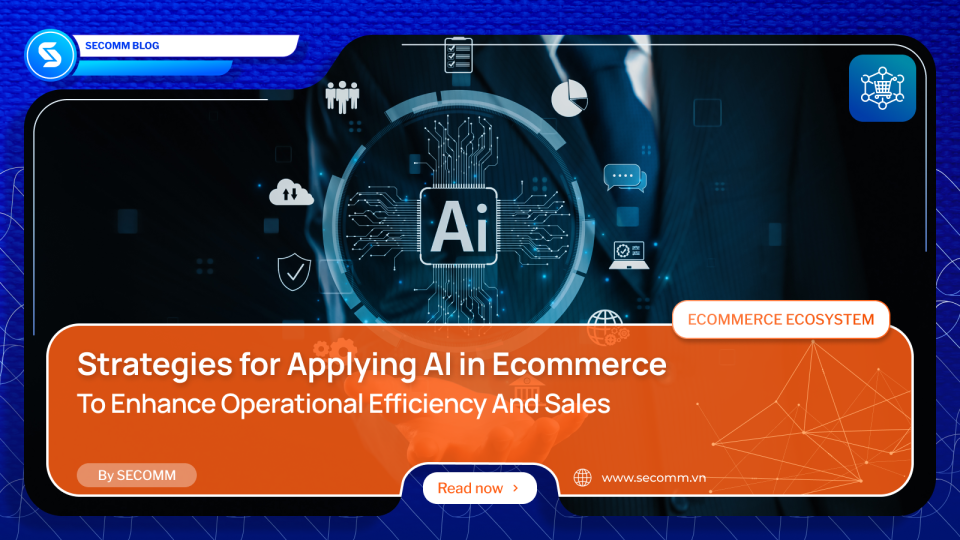

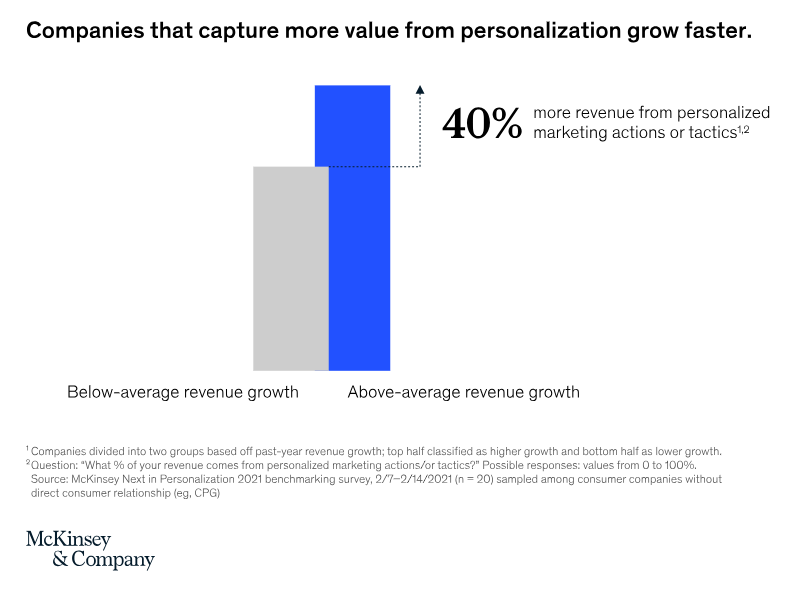
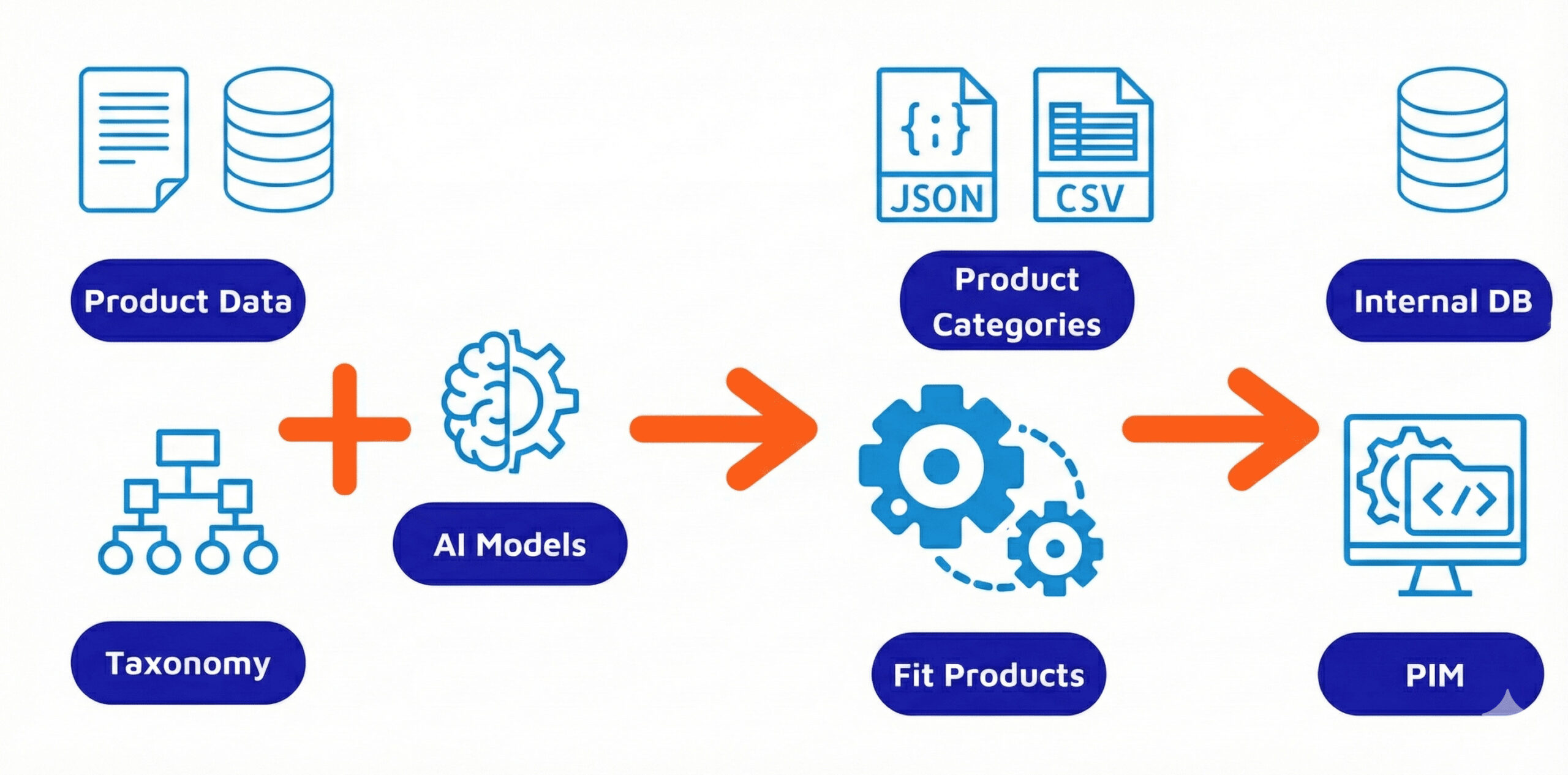
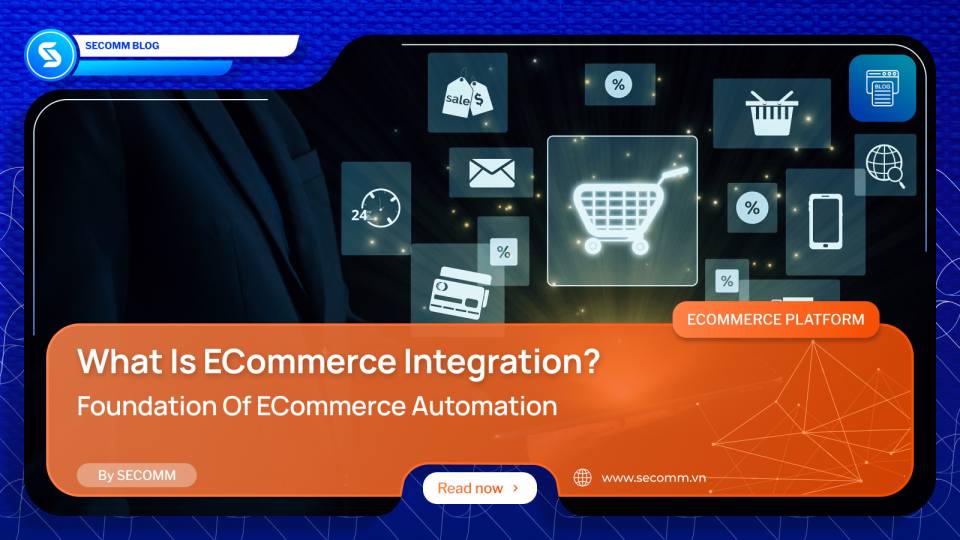
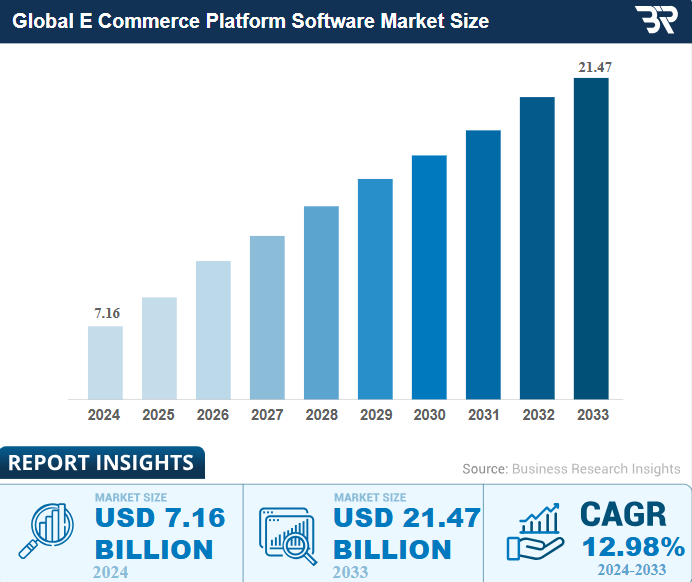

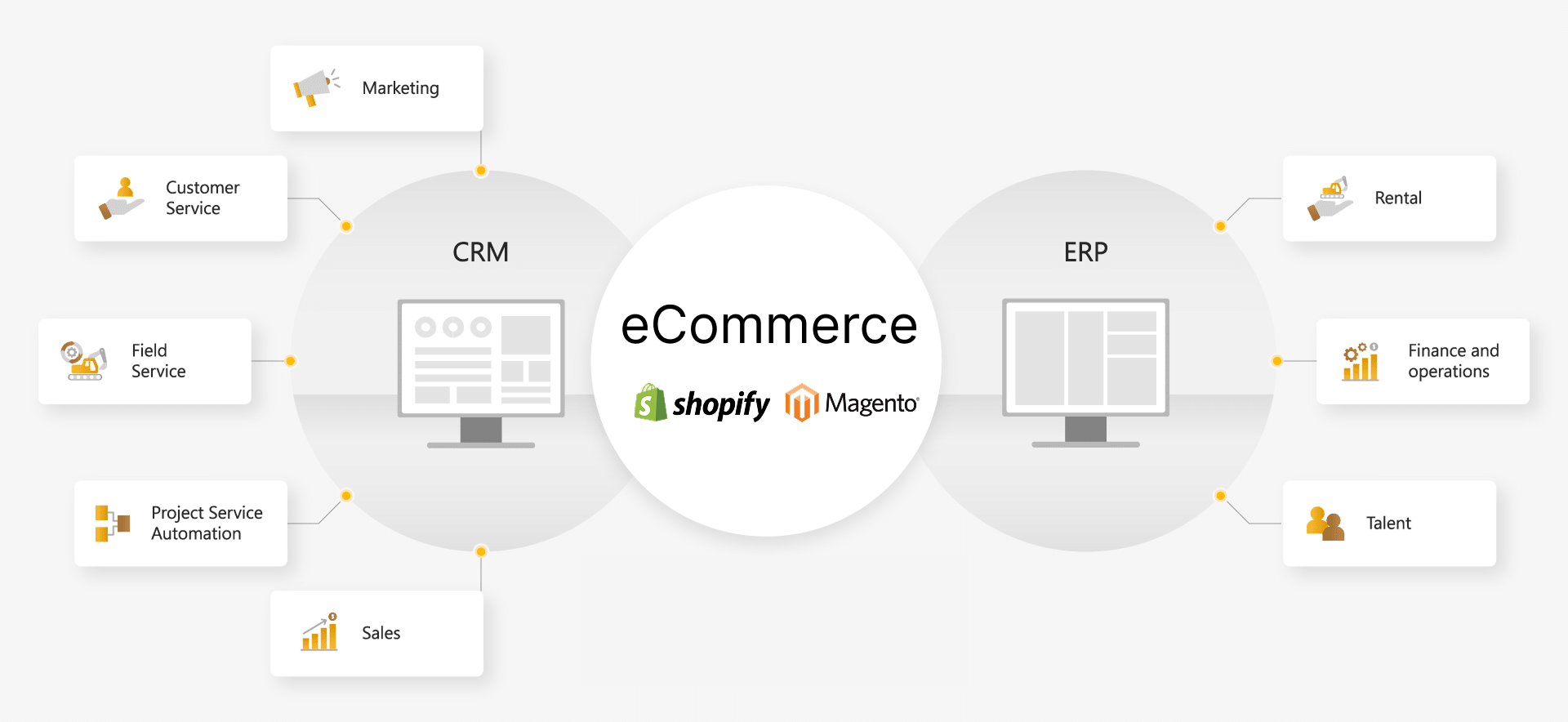
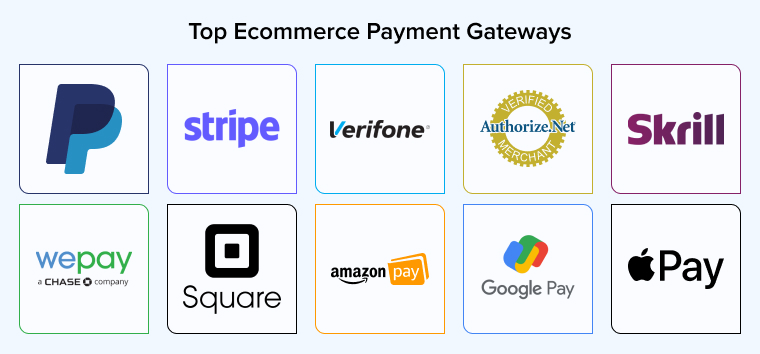
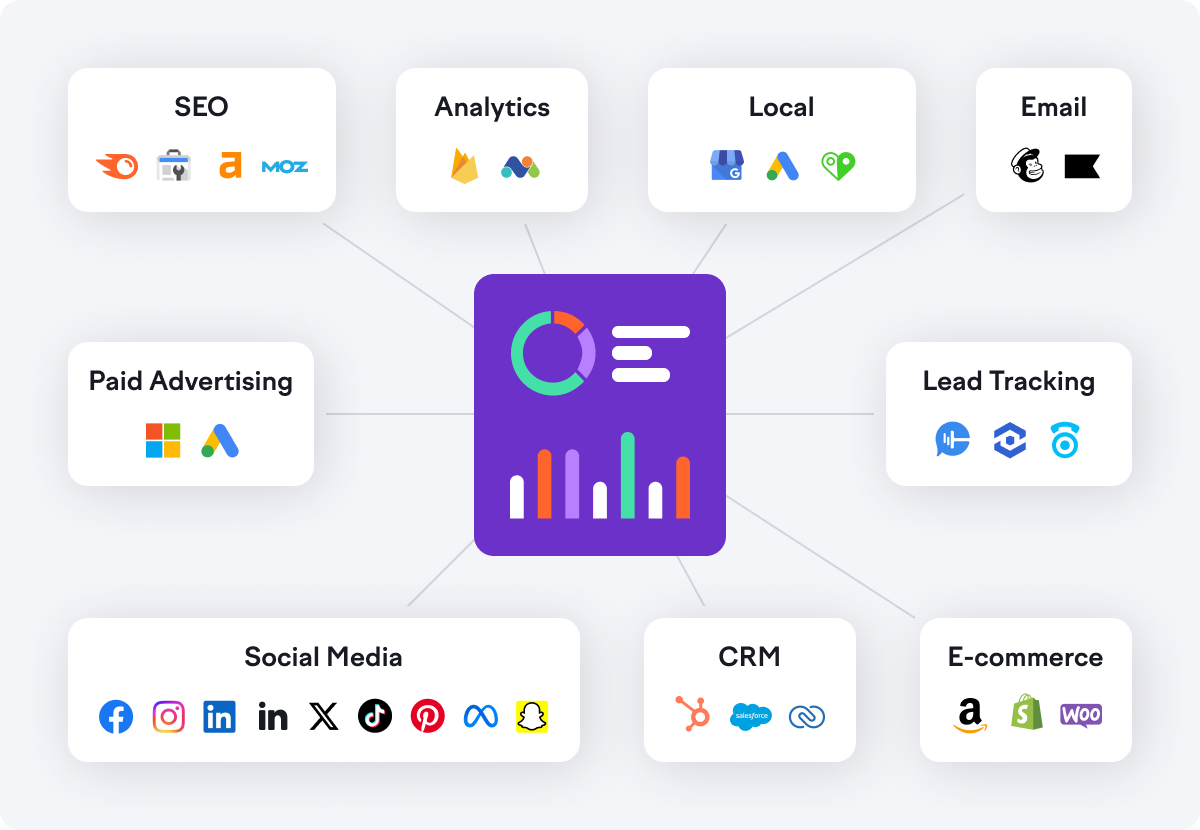
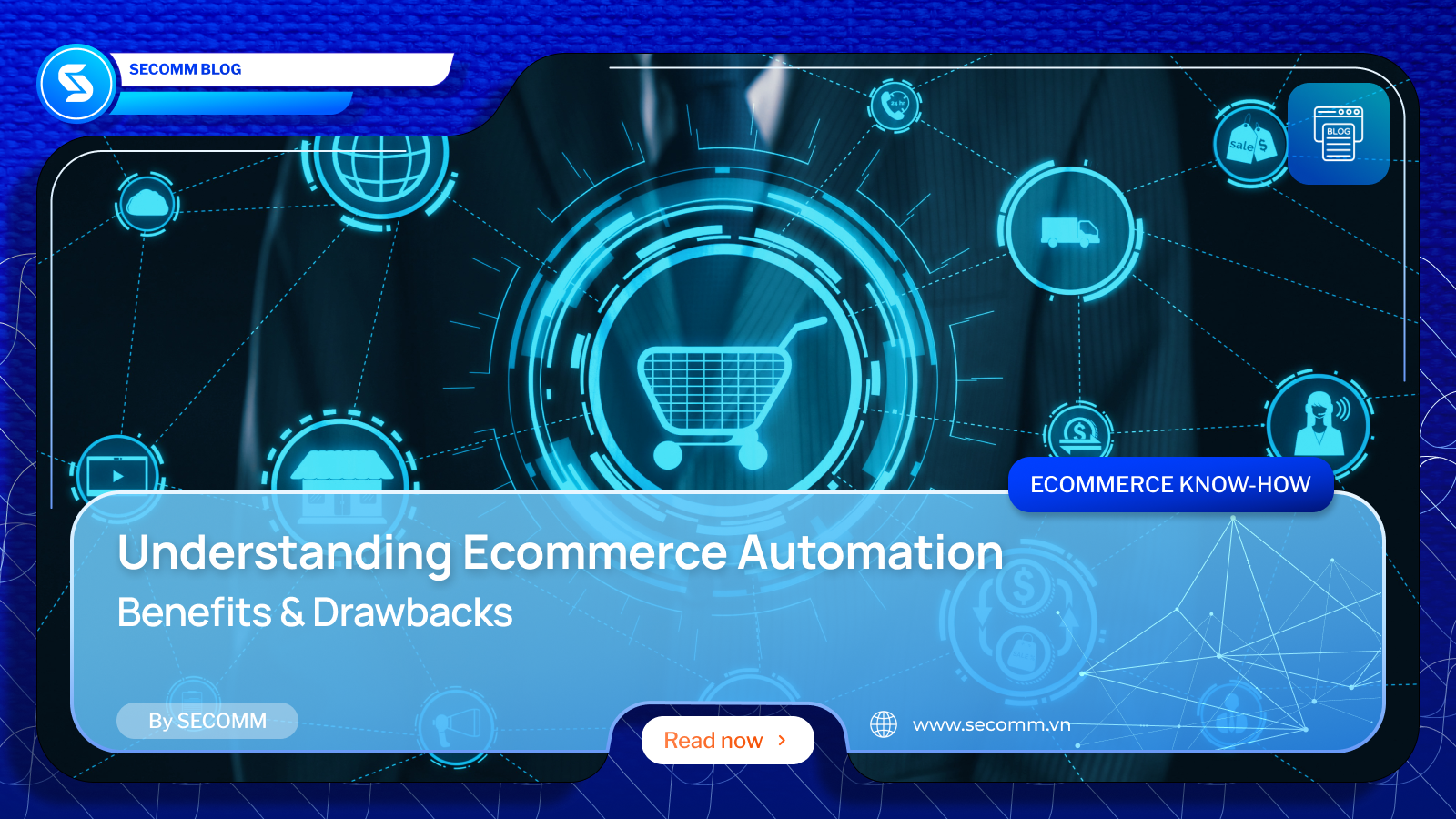
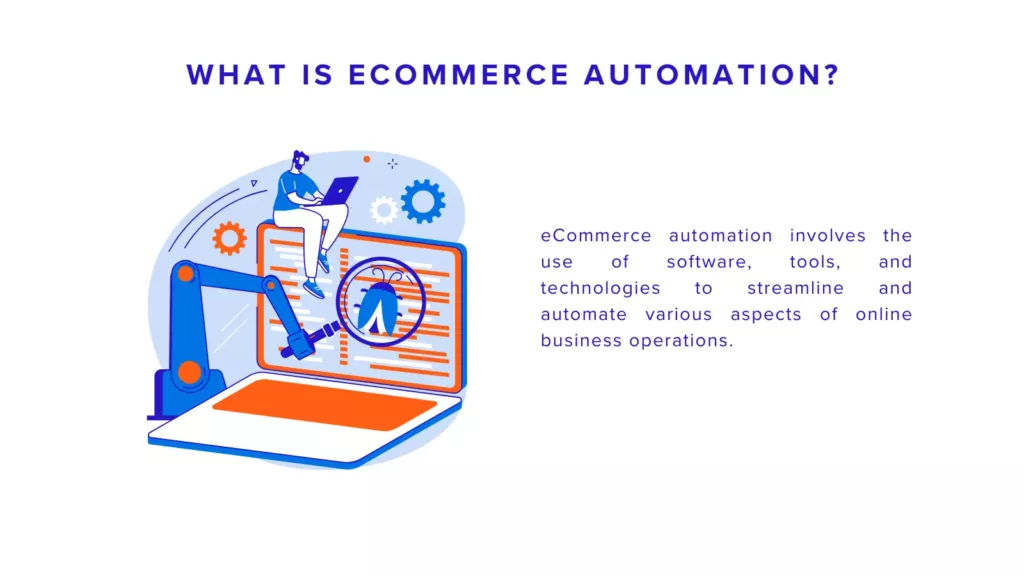
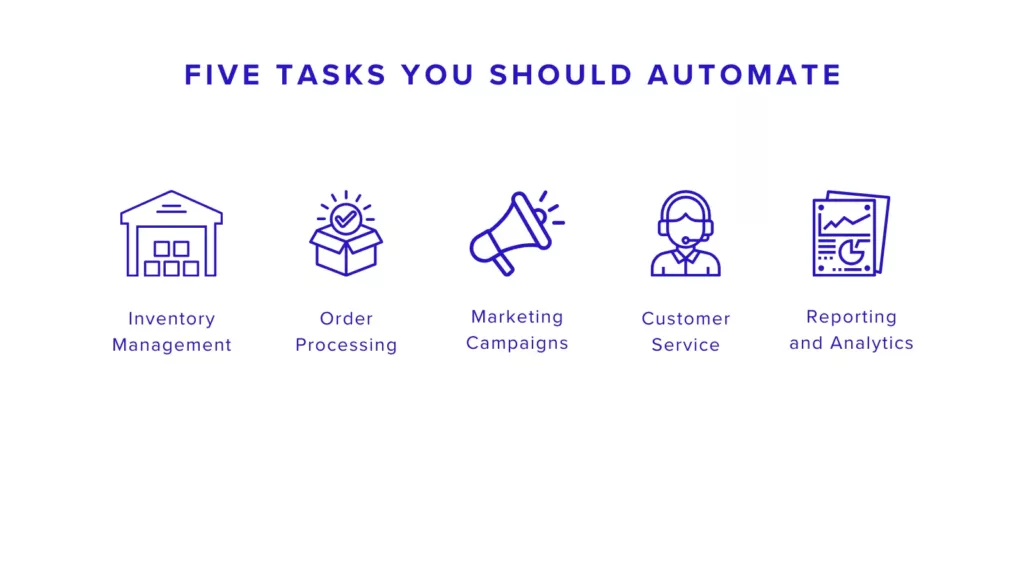
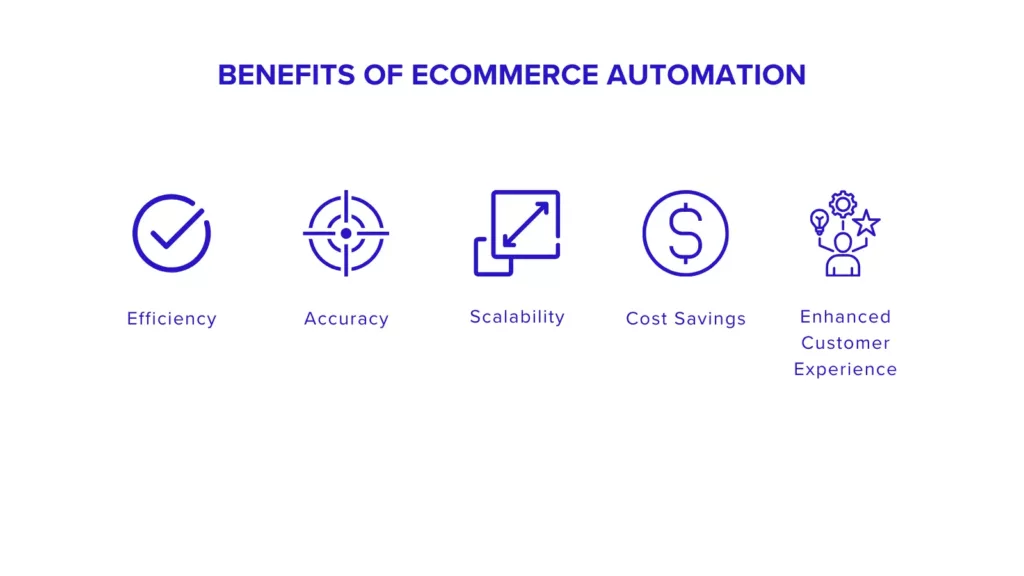
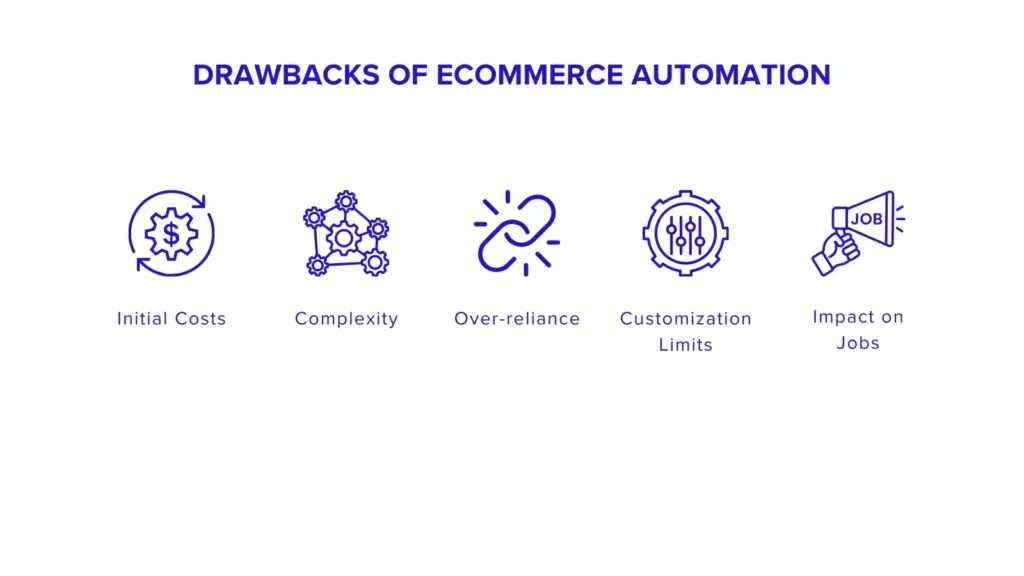

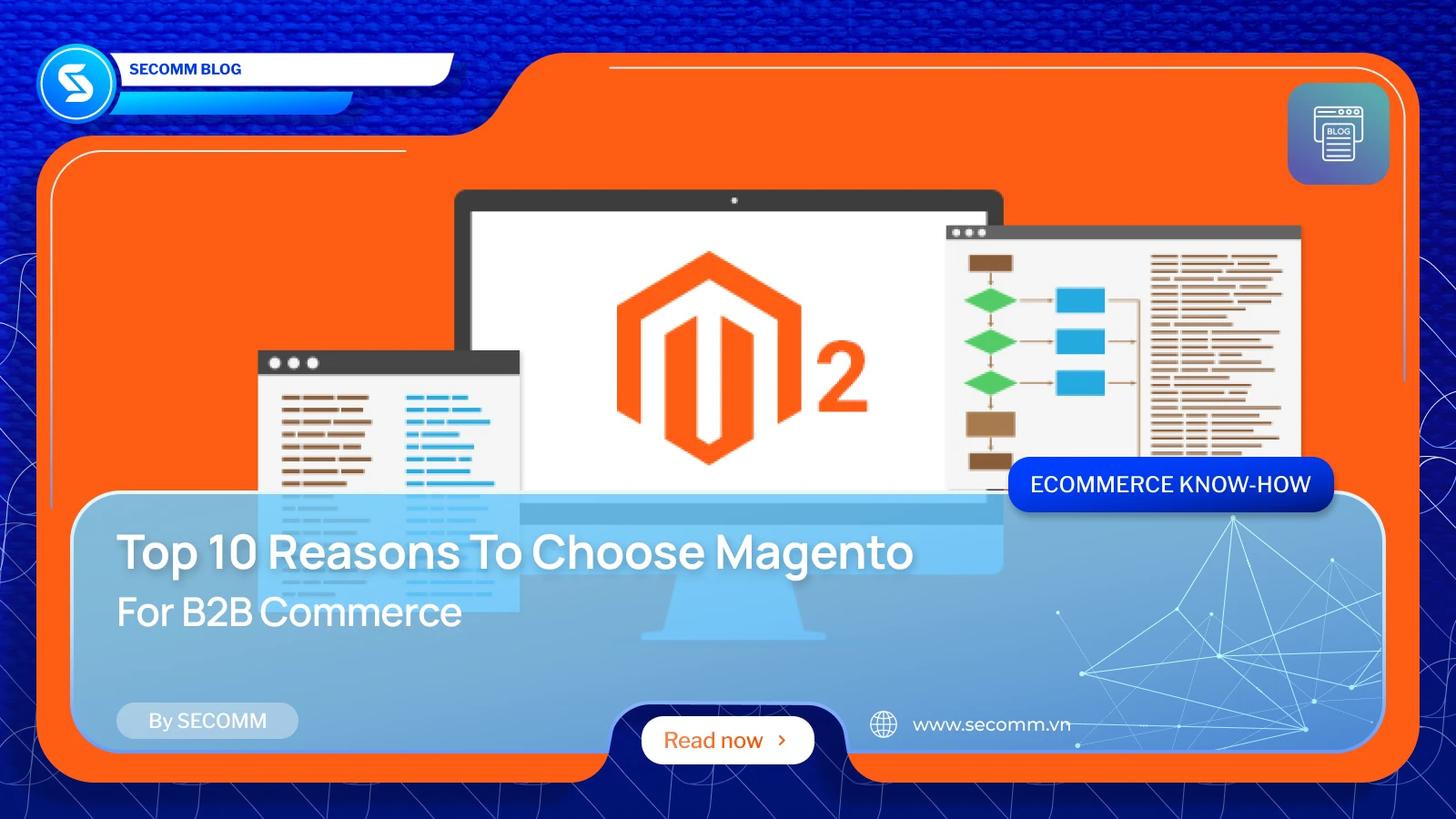
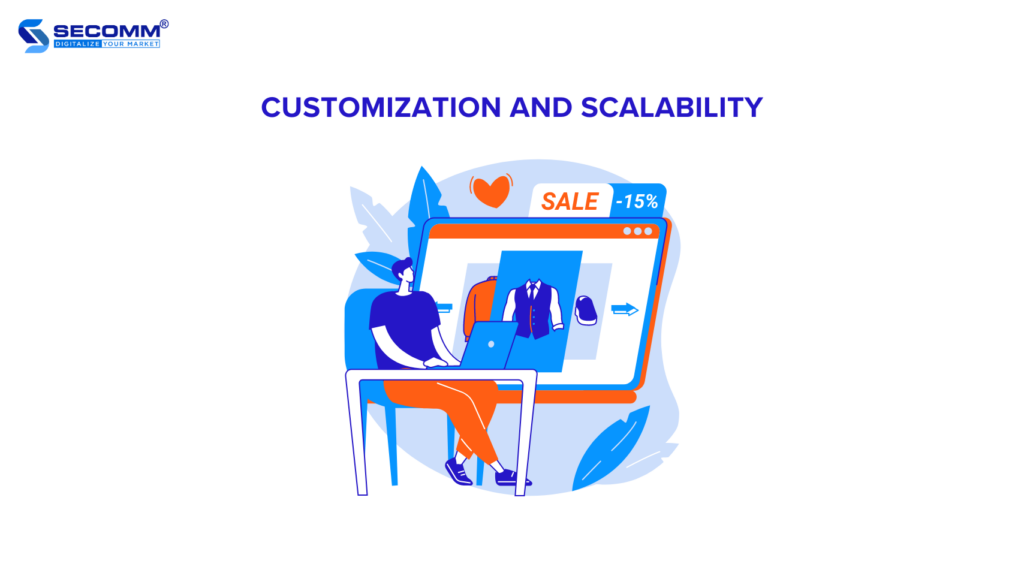
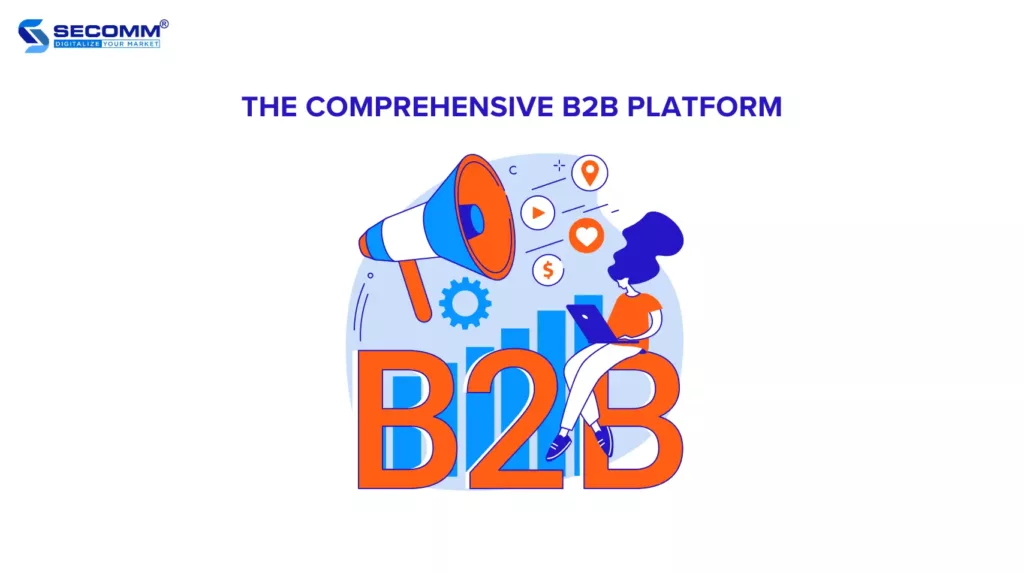
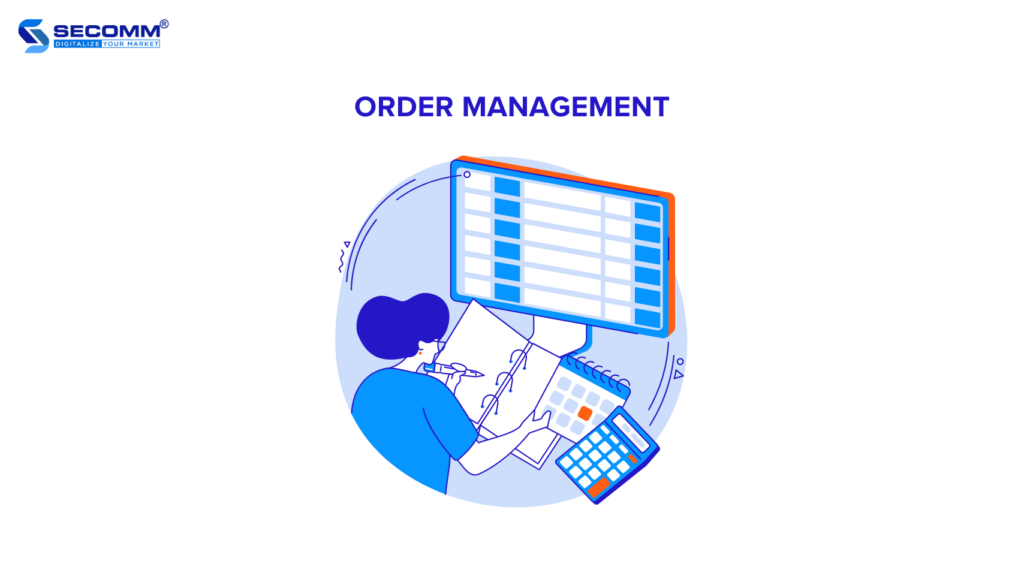
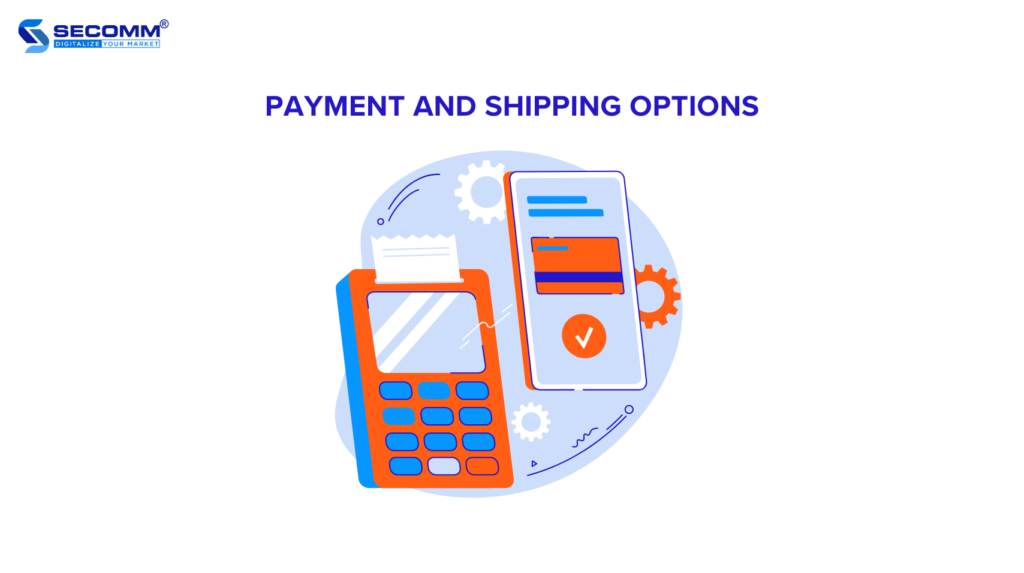
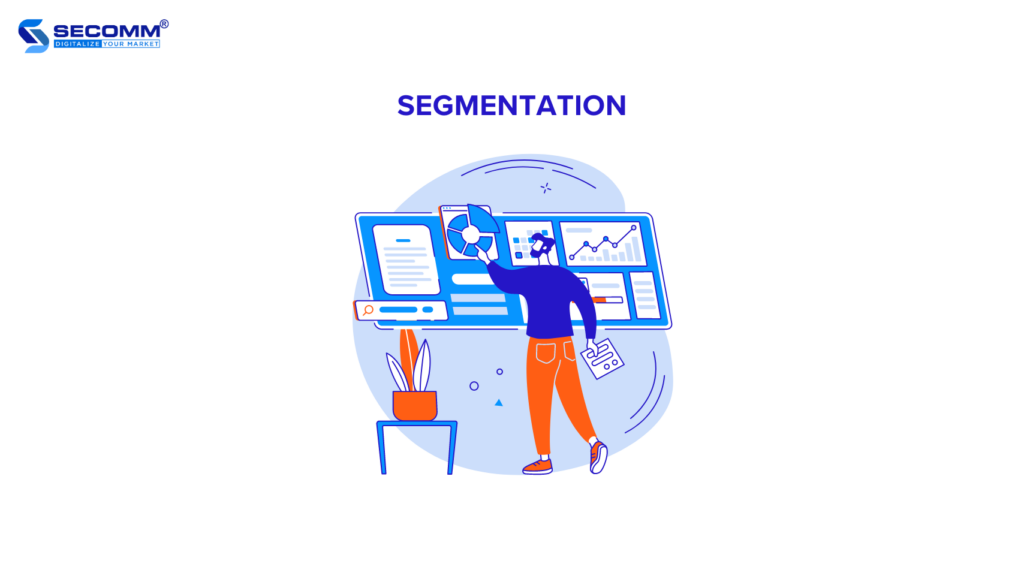
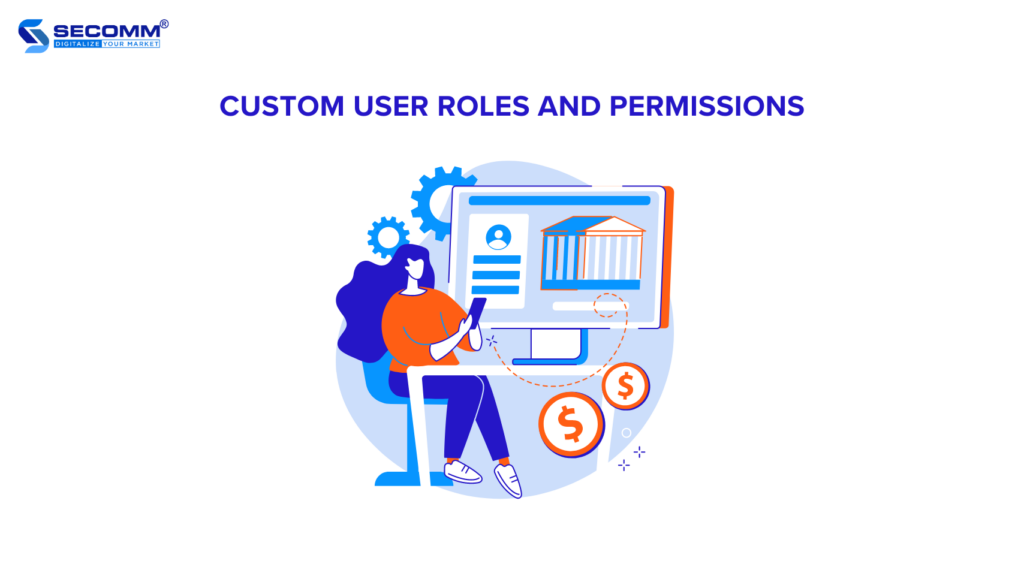
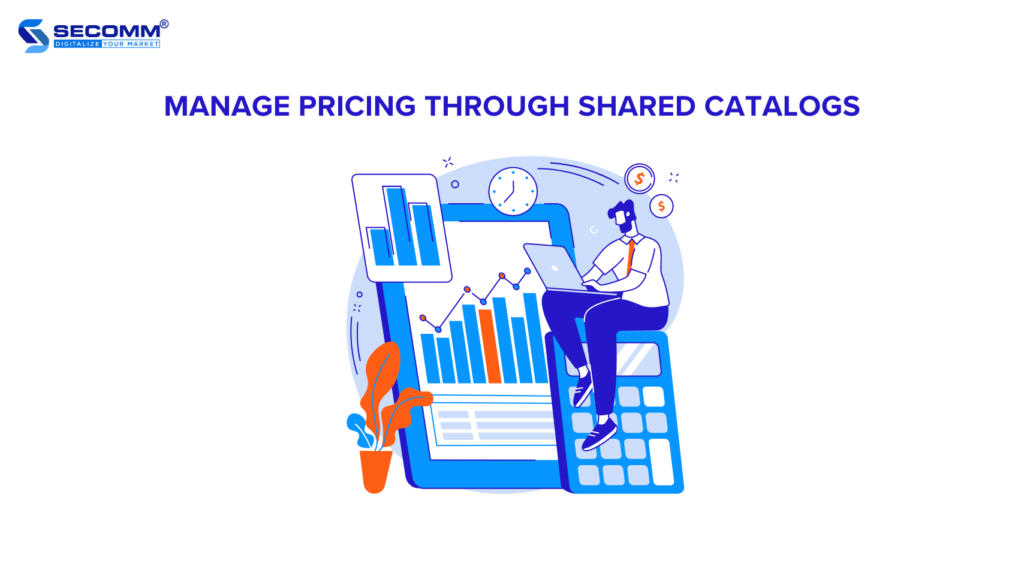
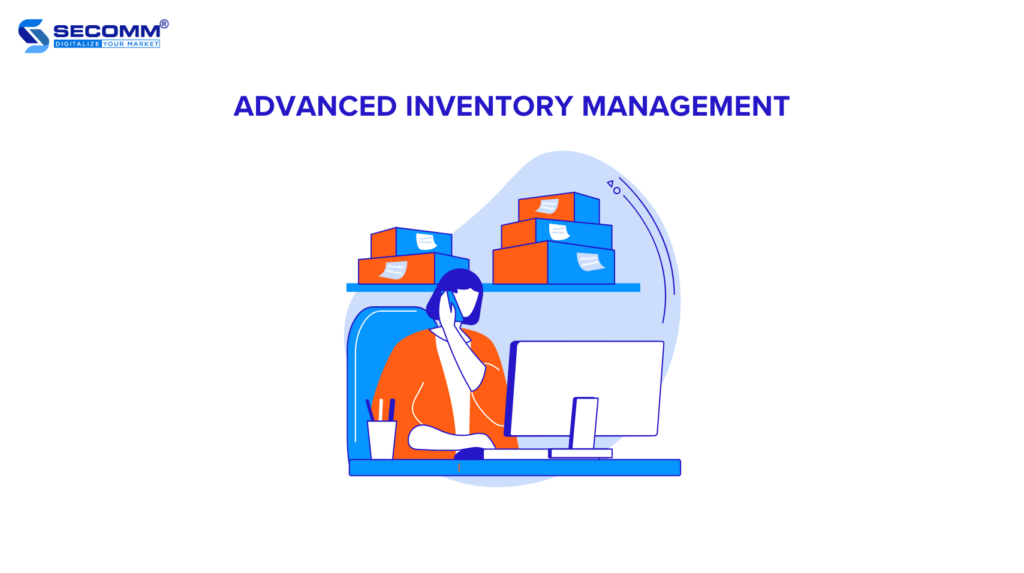

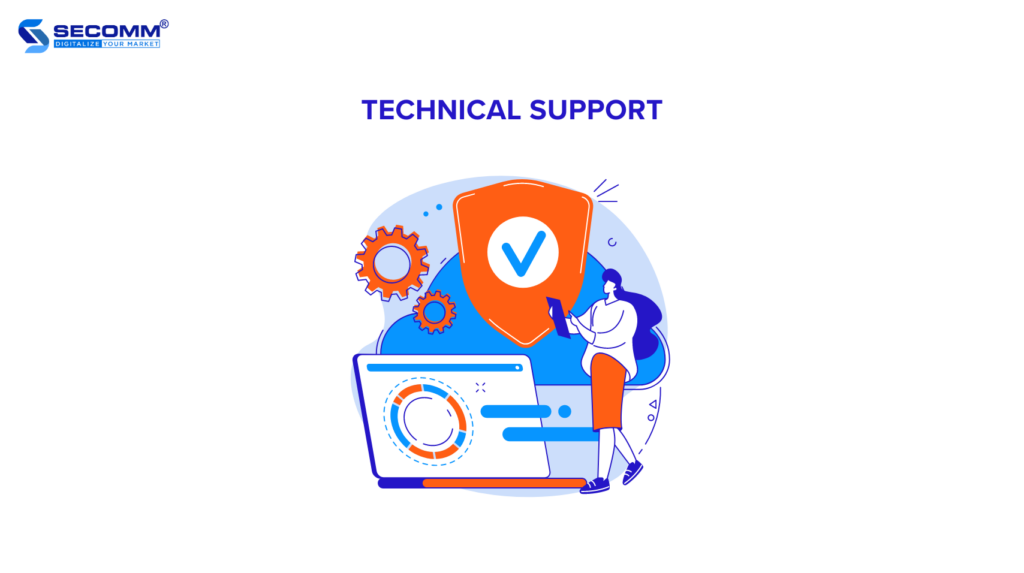
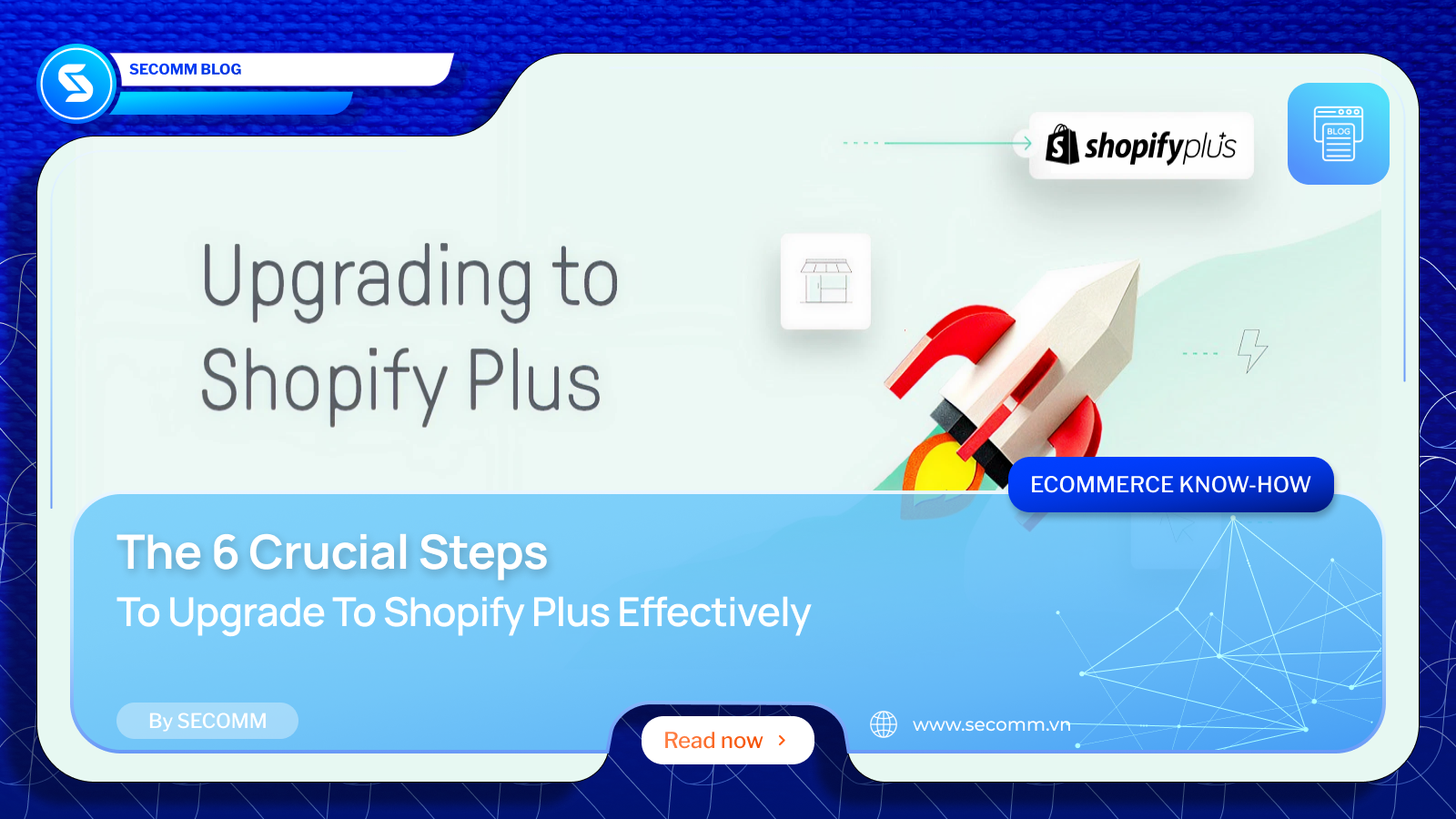
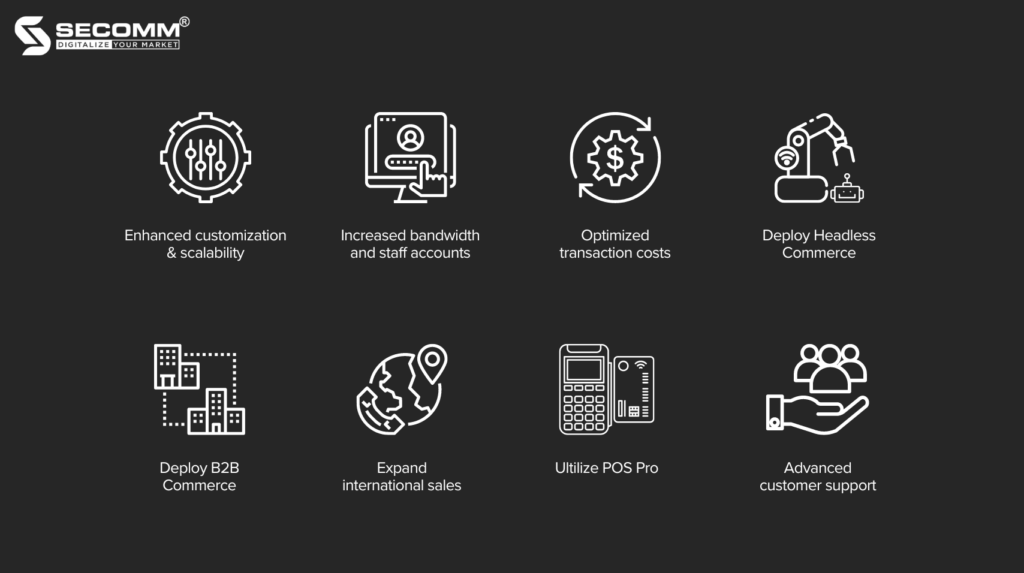
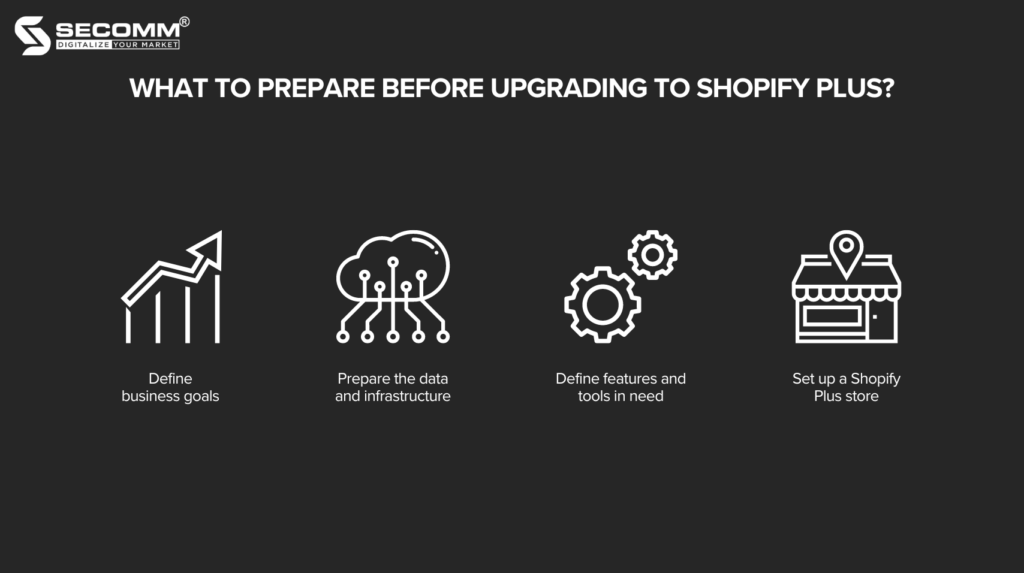
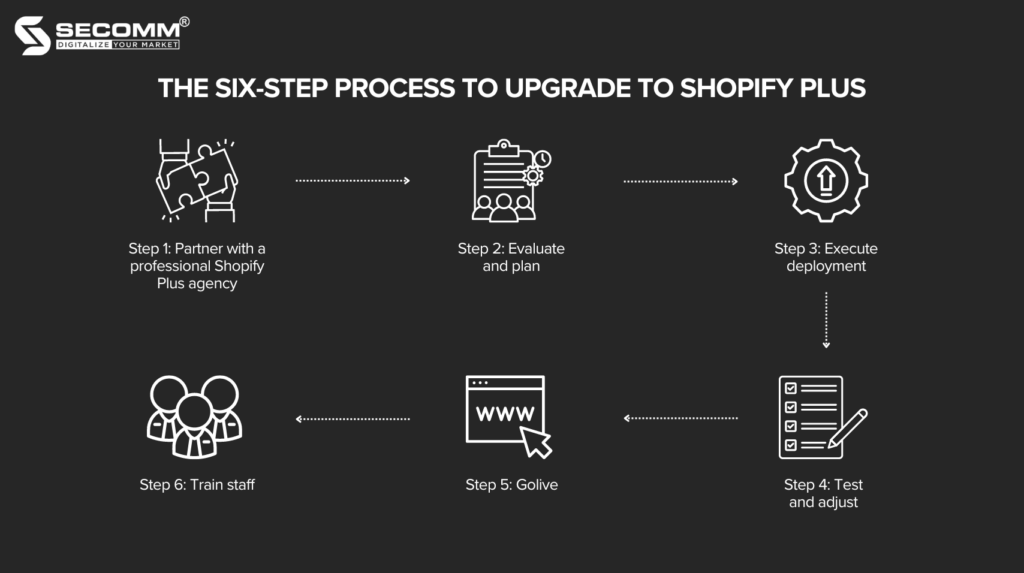





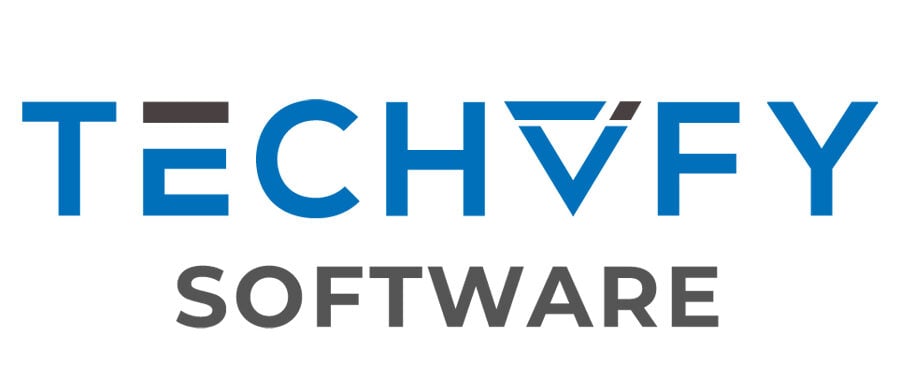

















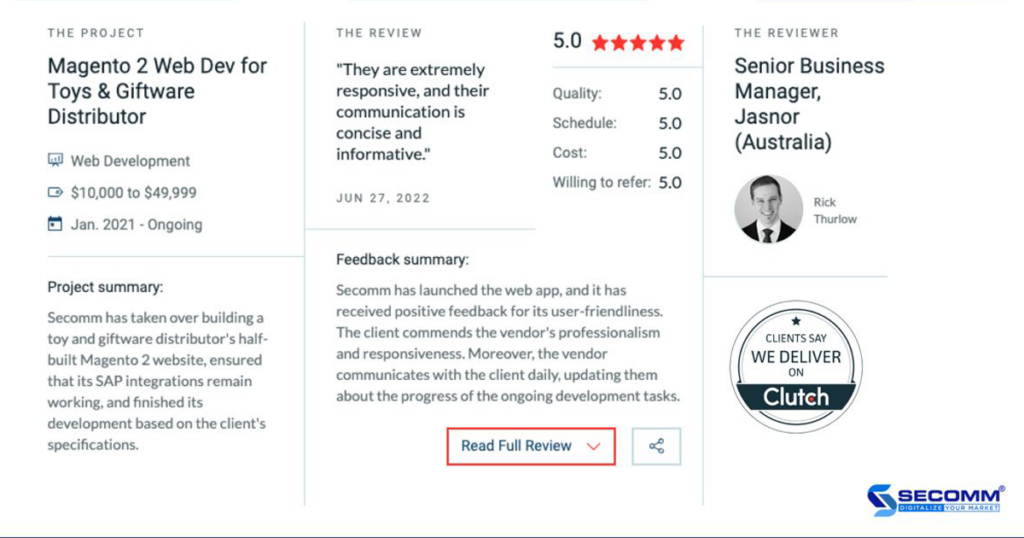
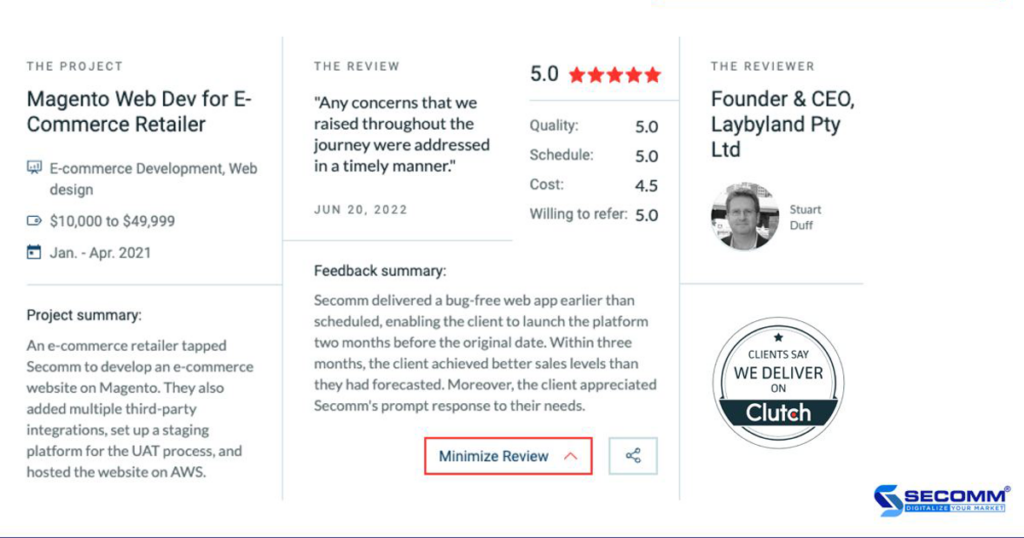





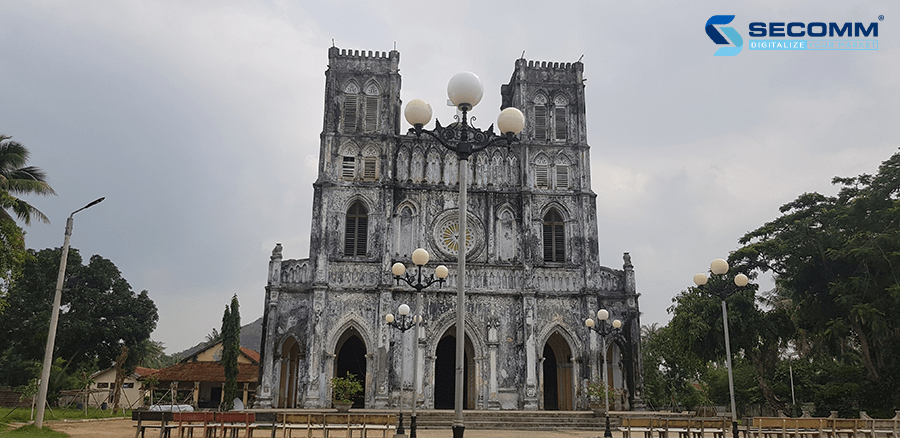











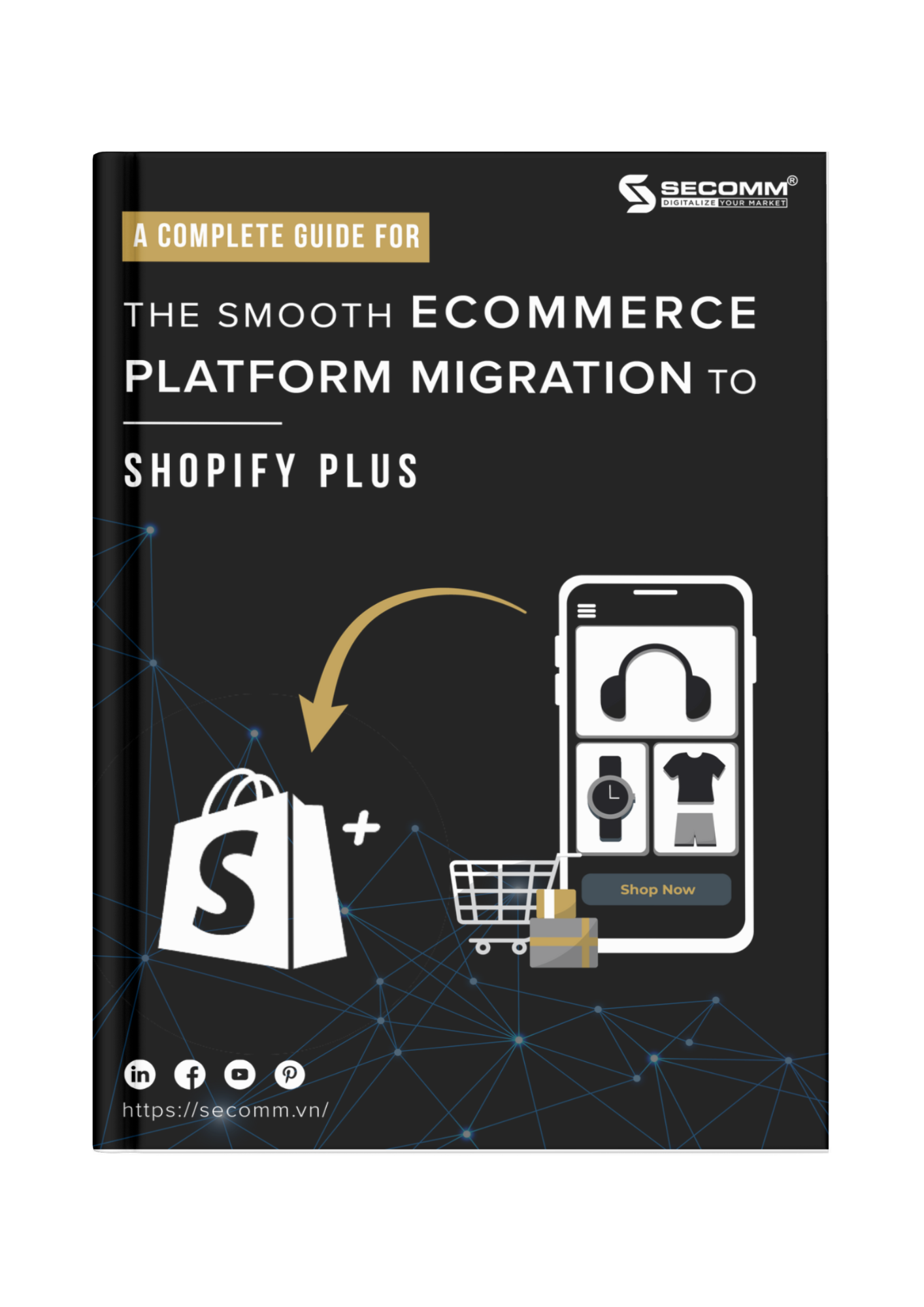



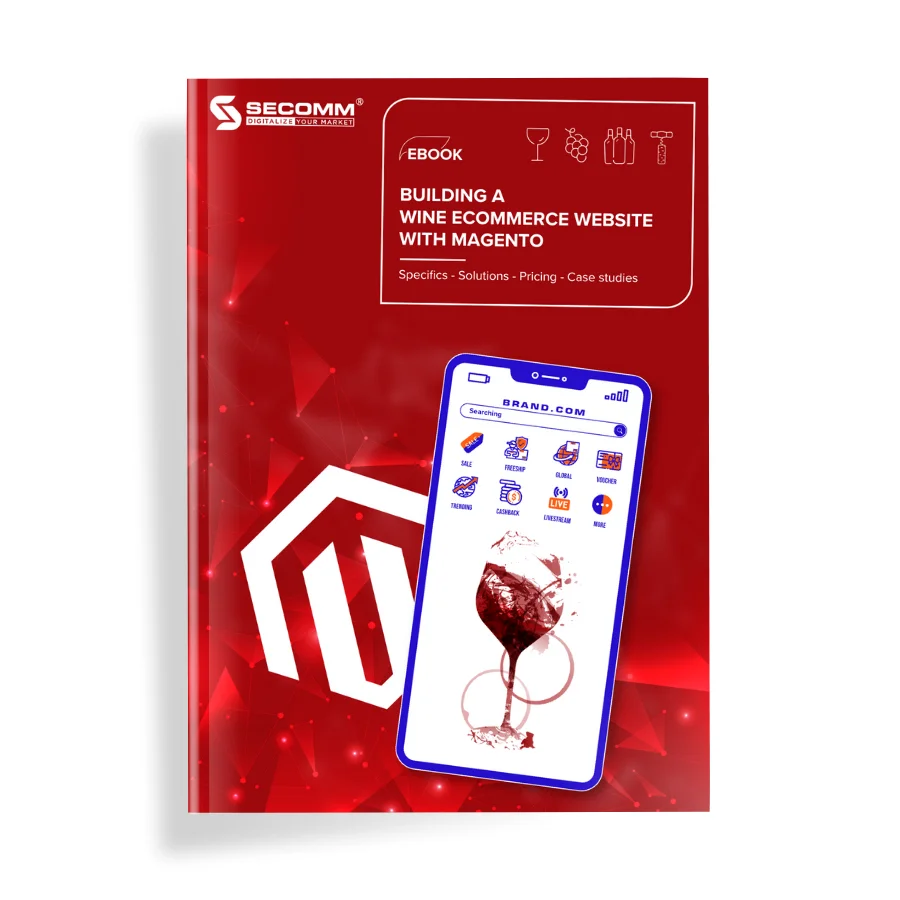
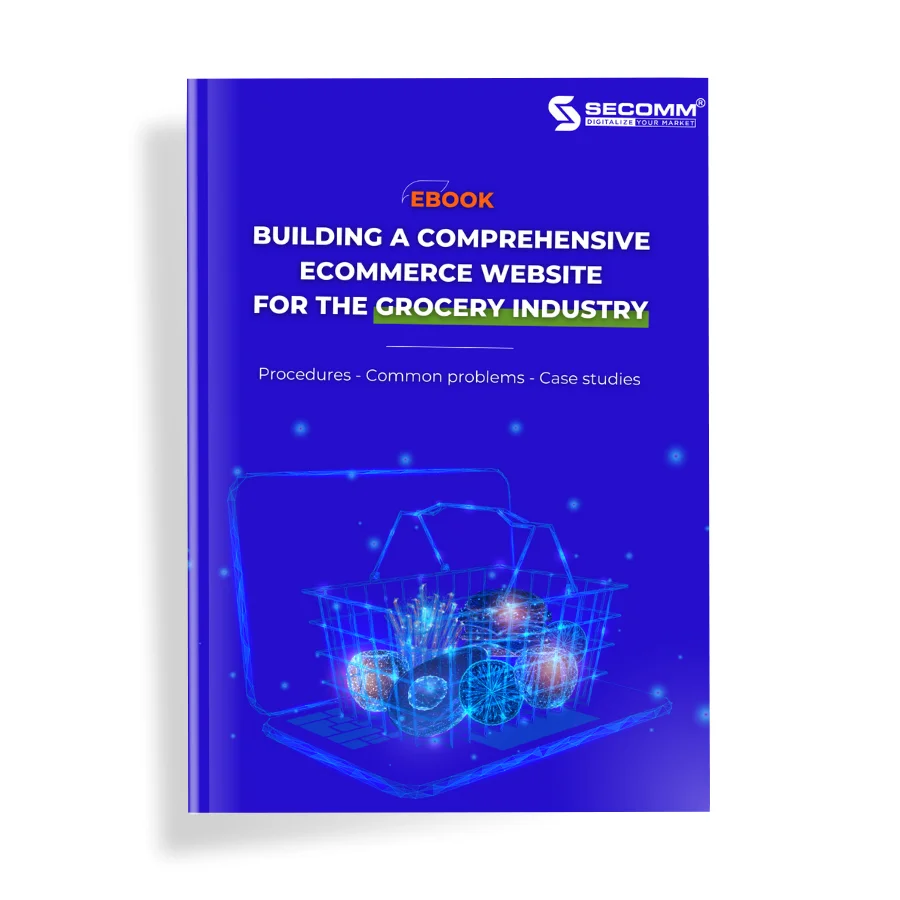

Comment (0)